Myrrh provided by Yemen Products Center:
Myrrh is a sap-like substance (resin) that comes out of cuts in the bark of certain trees.
Myrrh is used for problems in the stomach and intestines, congestion, parasite infections, and many other conditions.
In foods and beverages, myrrh is used as a flavoring component.
In manufacturing, myrrh is used as a fragrance, in incense, and as a fixative in cosmetics. It is also used in embalming.
Myrrh is used for indigestion, ulcers, colds, cough, asthma, lung congestion, arthritis pain, cancer, leprosy, spasms, and syphilis. It is also used as a stimulant and to increase menstrual flow.
Myrrh is applied directly to the mouth for soreness and swelling, inflamed gums (gingivitis), loose teeth, canker sores, bad breath, and chapped lips. It is also used topically for hemorrhoids, bedsores, wounds, abrasions, and boils.
More about Myrrh benefits:
Antibacterial
It turns out that the Egyptians knew what they were doing when they embalmed their dead bodies using Myrrh – the antibacterial powers of this resin helped to slow decay by killing bacteria and other microbes.
A recent study found that burning Myrrh in incense form can kill airborne bacteria by up to 68 percent. Additionally, in test tube studies it has been found that Myrrh essential oil is highly effective against several different types of infectious bacteria, including some that are resistant to drugs.
Oral Health
The antibacterial qualities of Myrrh can firstly neutralise the germs and bacteria that contribute to halitosis (bad breath). Secondly it is good for the gums, reducing the redness and swelling associated with gum disease, effectively healing receding gums. There is also research to suggest Myrrh is effective for healing mouth ulcers.
A recent study looked at people with “Behcet’s” disease (an inflammatory mouth disorder) who used a Myrrh based mouthwash to treat their painful mouth sores. They found that 50 percent of them experienced complete pain relief, whilst 19 percent had a complete healing of their mouth sores.
Skin Health
The ancient Greeks and Romans were certainly on the right track by using Myrrh to treat wounds. Scientific research now confirms that Myrrh essential oil (mixed with Sandalwood) is especially effective at killing the microbes that infect skin wounds. Another study found that Myrrh essential oil used alone inhibits the growth of the fungi that causes athletes foot by 43 – 61 percent.
Myrrh benefits many other skin conditions, including; weeping eczema, bedsores, boils, acne and deeply chapped skin.
Pain Relief
Myrrh is a powerful anti-inflammatory which works by blocking the inflammatory chemicals that can lead to swelling and pain. This makes it especially useful in relieving inflammatory conditions such as arthritis and back pain. Myrrh essential oil also contains certain compounds that interact with the body’s opioid receptors that tell the brain that you’re not in pain.
Myrrh essential oil diluted in a pure carrier oil makes an excellent massage oil for sore muscles and joints and when taken internally (must be food grade), it can alleviate headaches and migraines.
Antioxidant
Myrrh has an ORAC (Oxygen Radical Absorbance Capacity) of a staggering 379,800 µTE/100g. Just for comparison, goji berries have a score of 4,310 µTE/100g and blueberries 4,633 µTE/100g. A study published in the journal "Food and Chemistry Toxicology", found that the antioxidant potential of Myrrh is so high that it may support healthy liver function.
Respiratory Health
Finally, Myrrh has powerful decongestant properties. Diffusing Myrrh essential oil in an aromatherapy oil burner can clear excessive mucus and provide relief from coughs, colds, bronchitis and asthma.

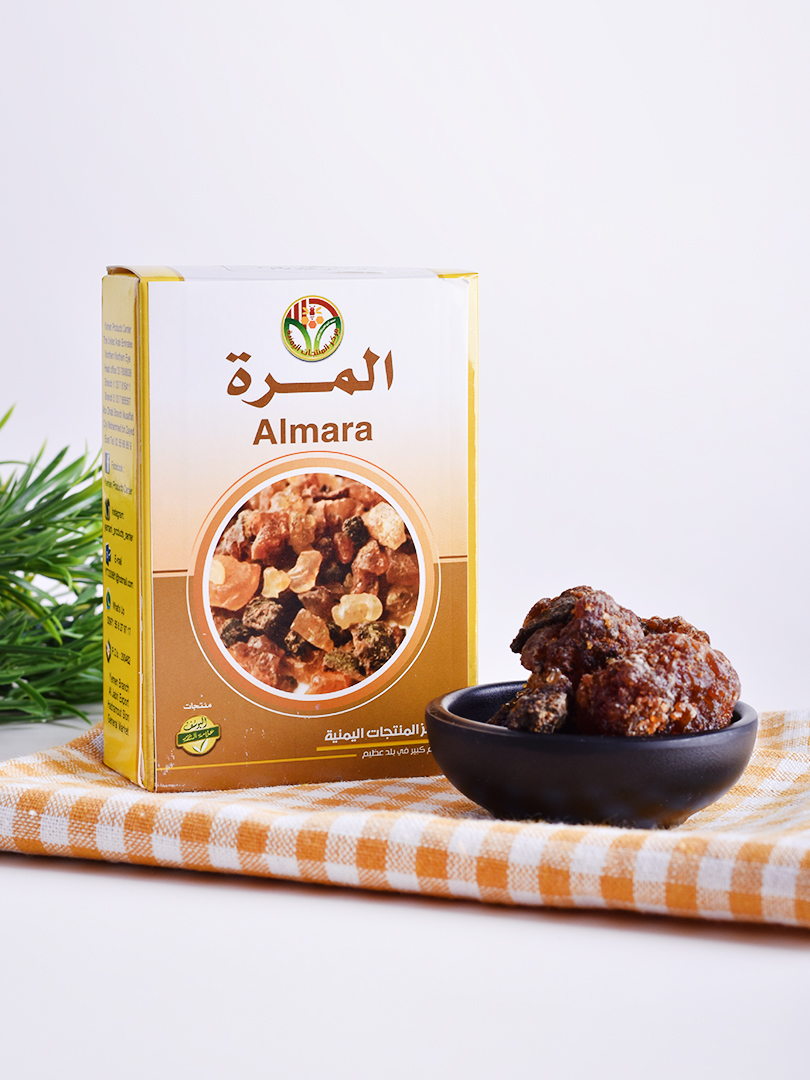



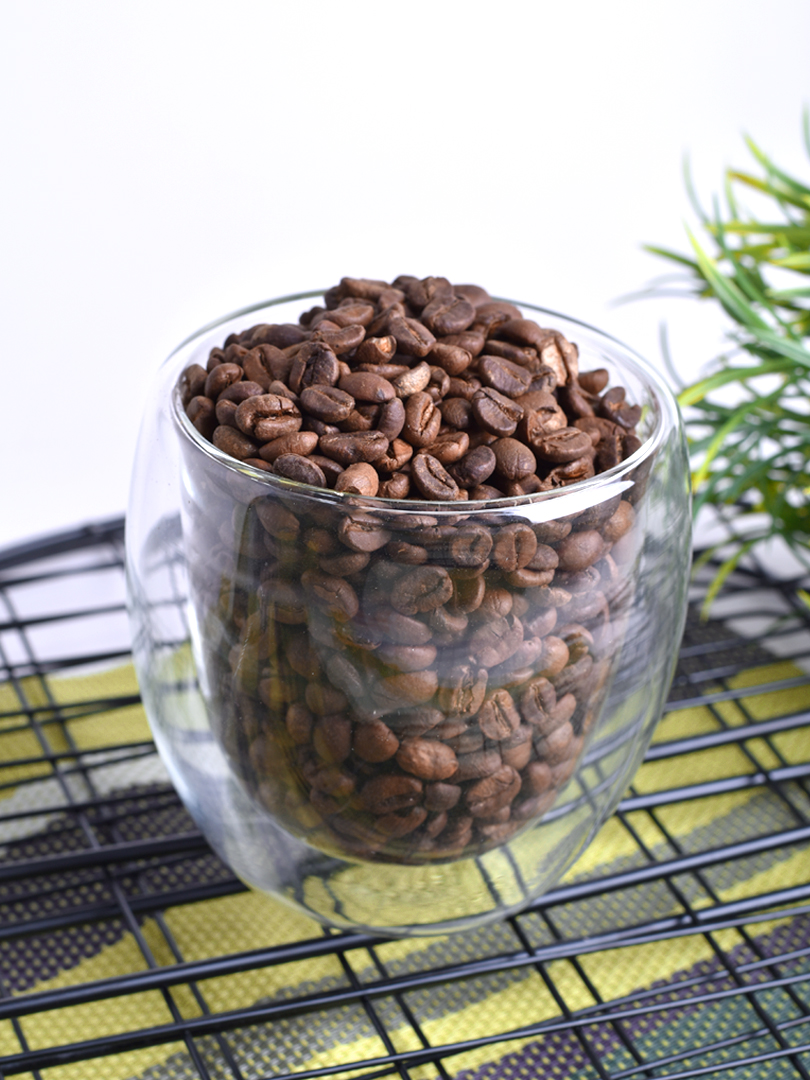
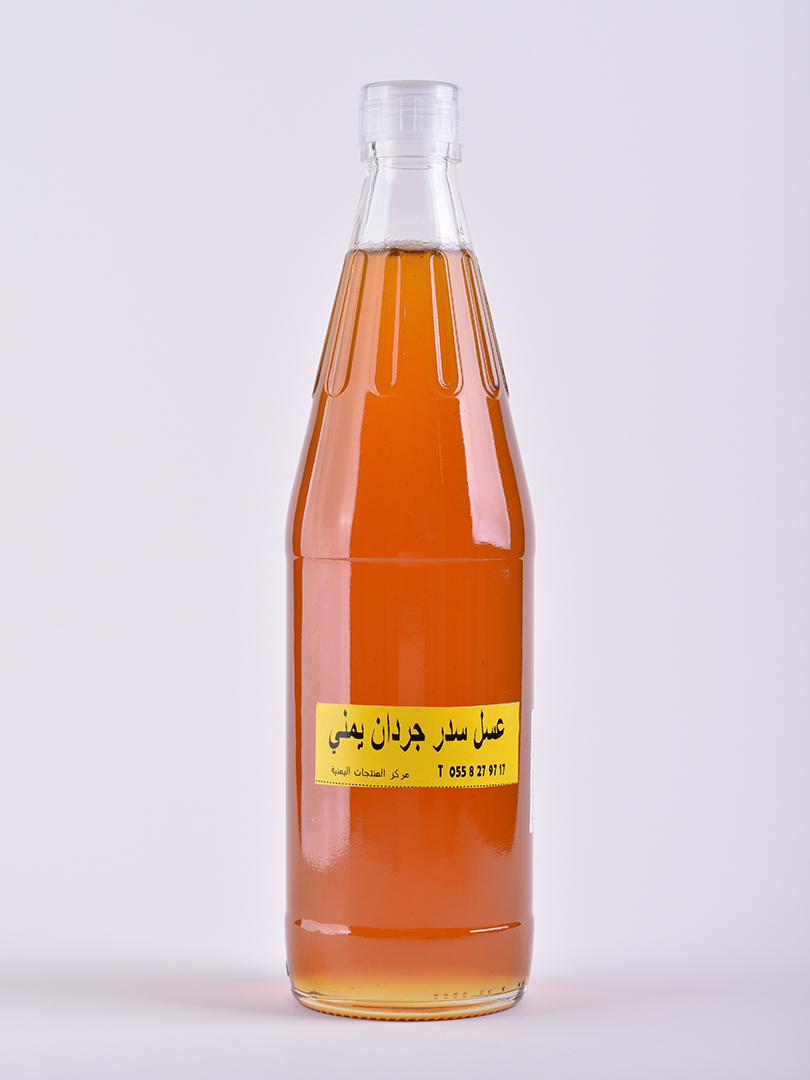
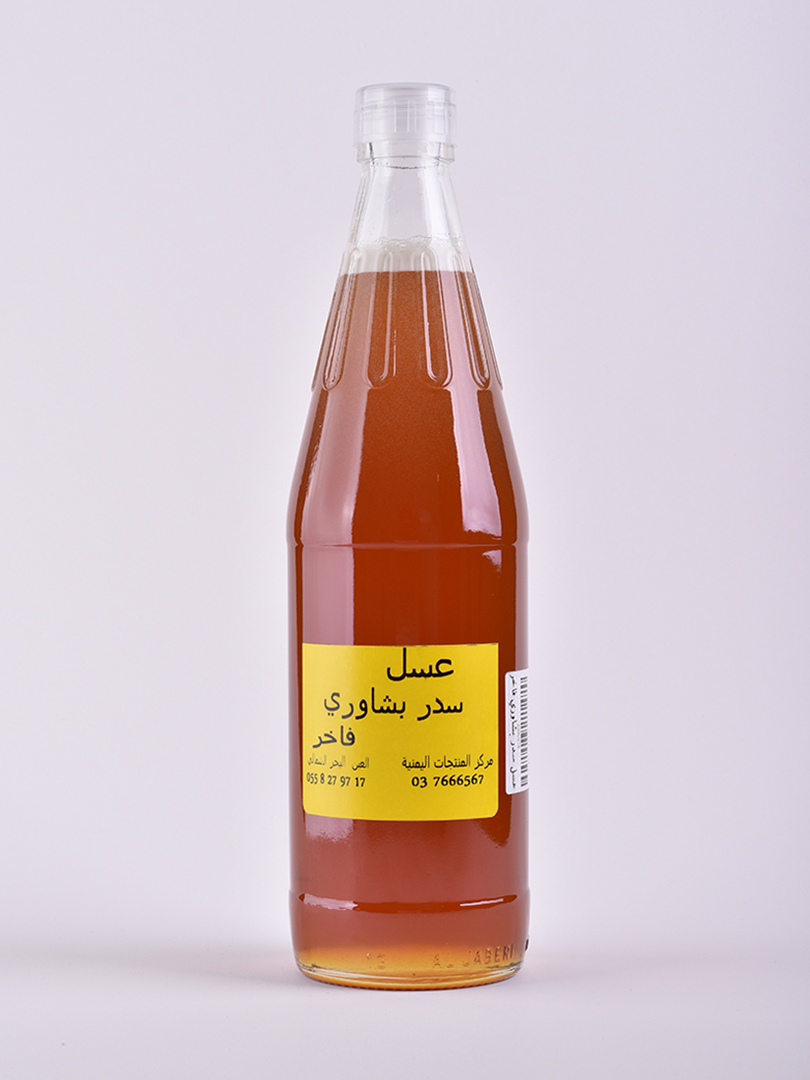
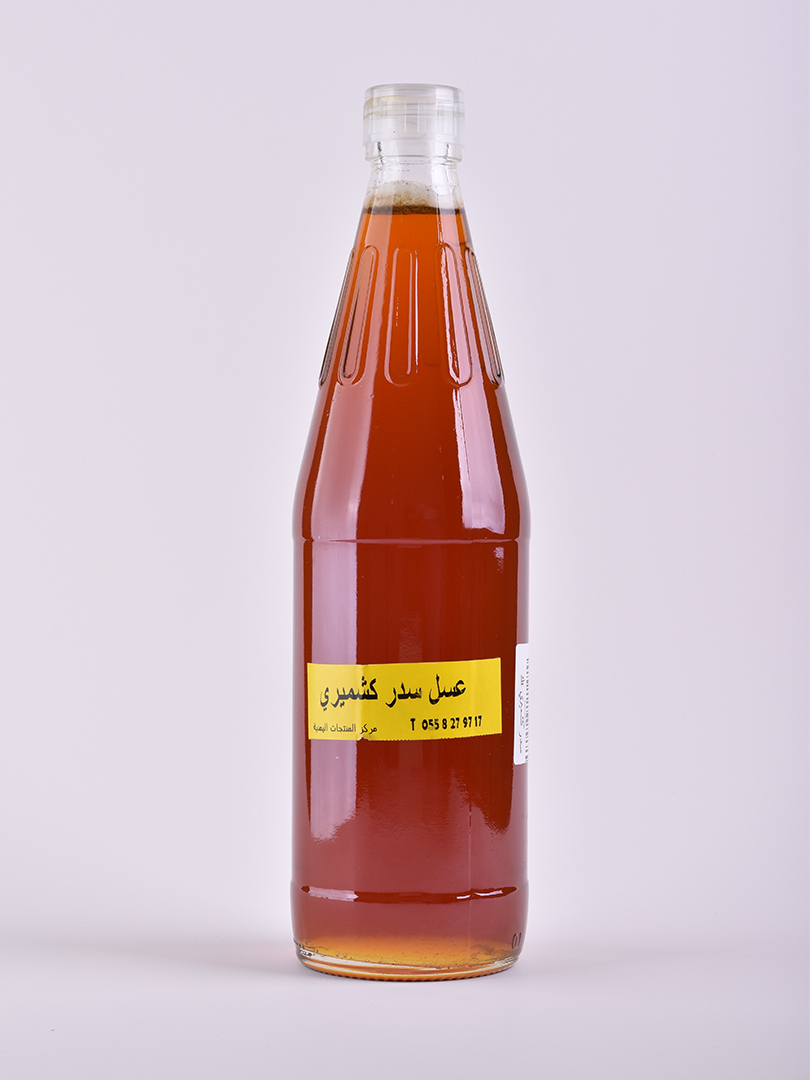
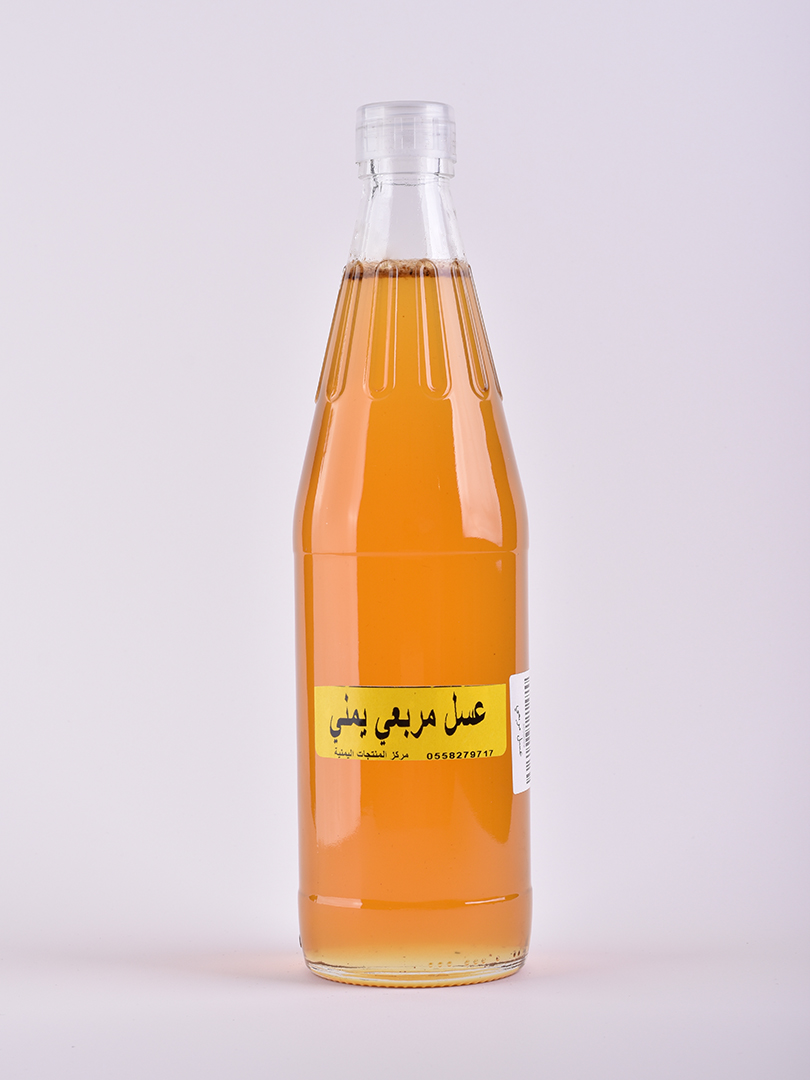
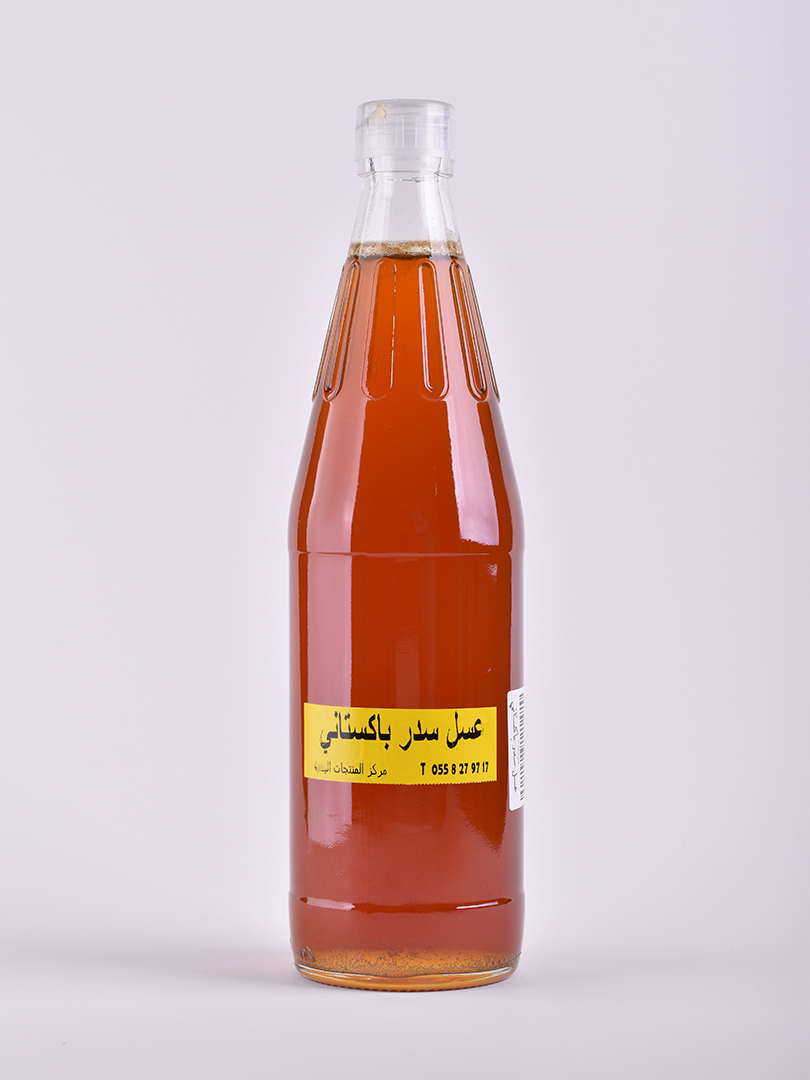
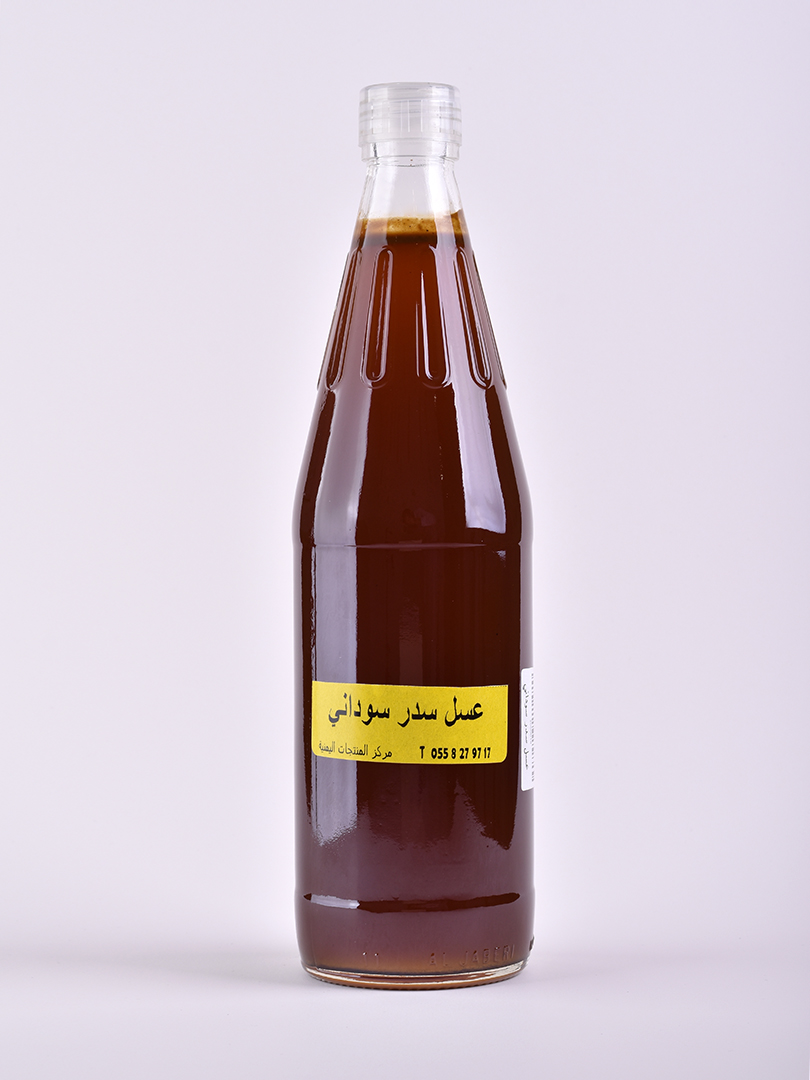
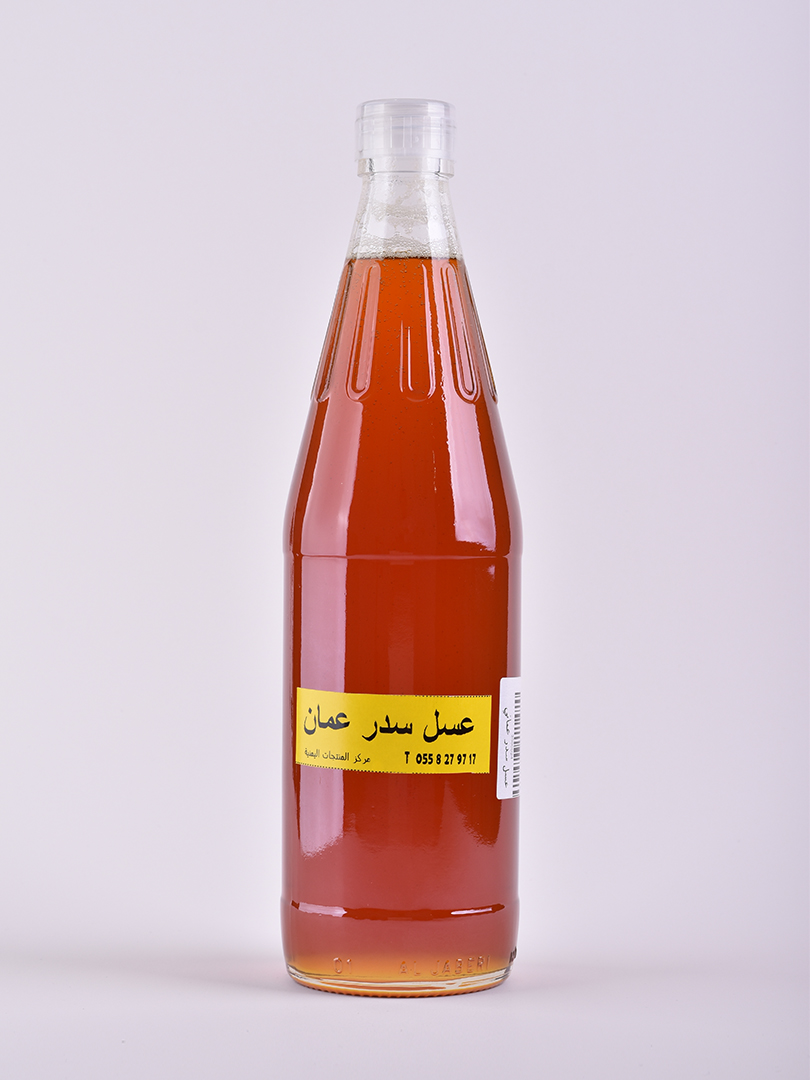
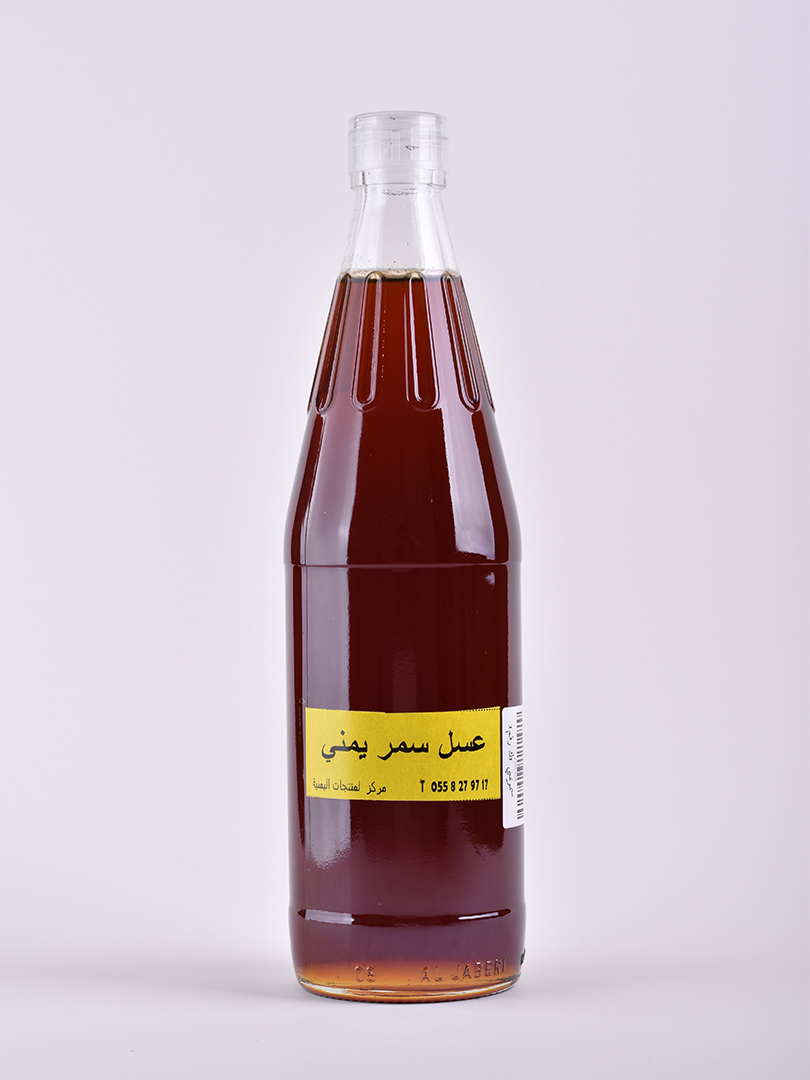
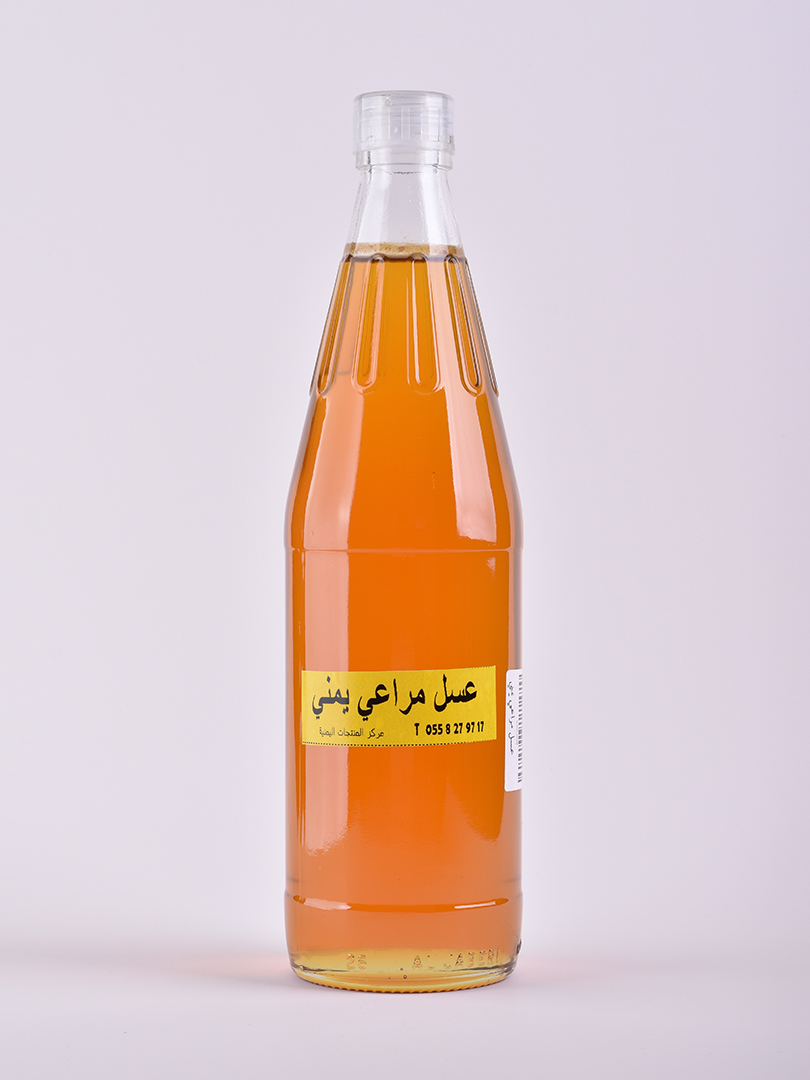
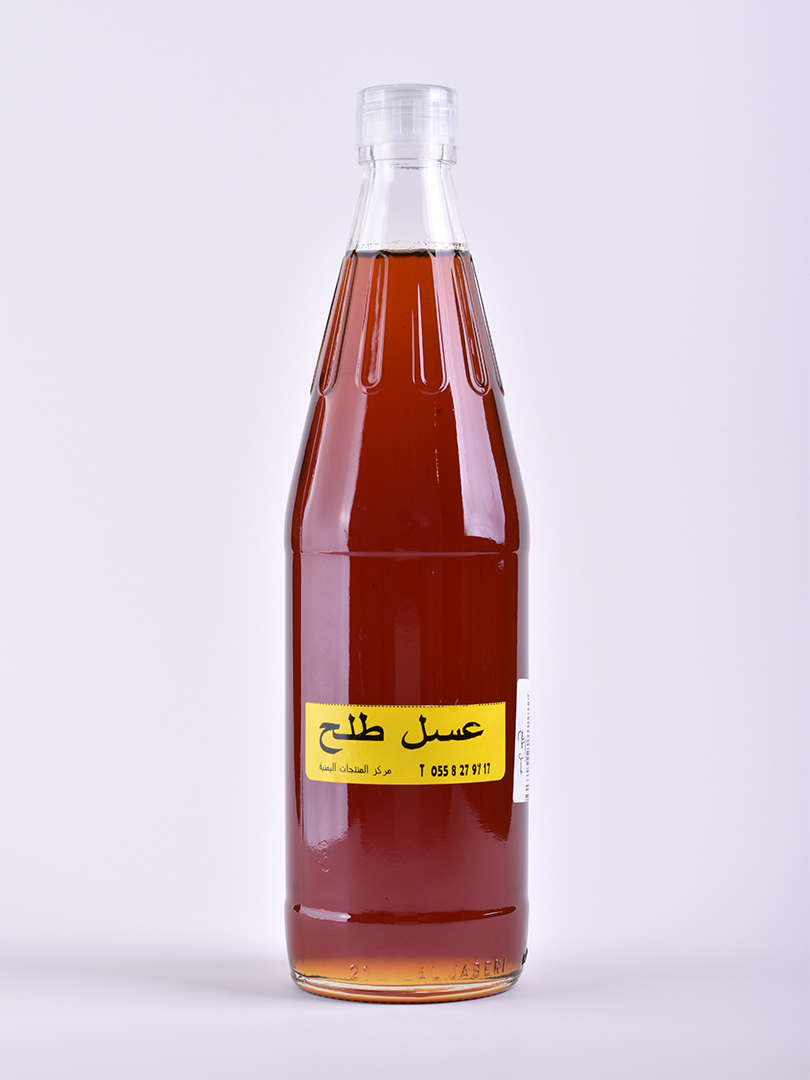
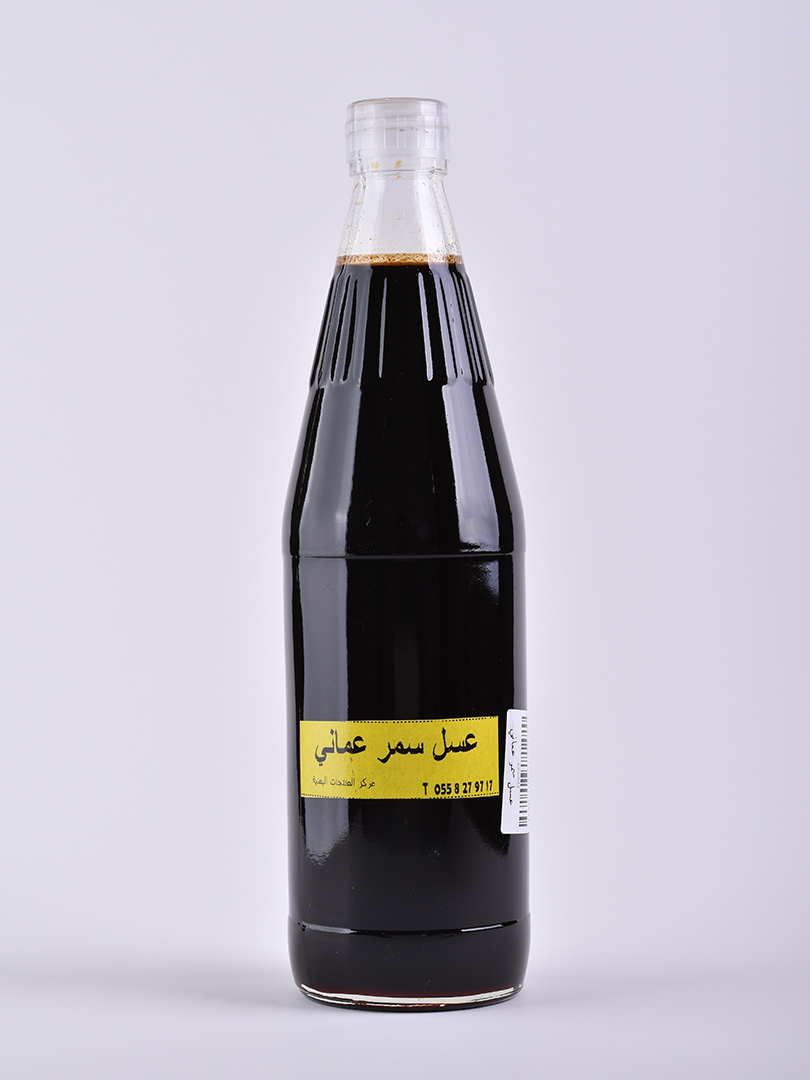
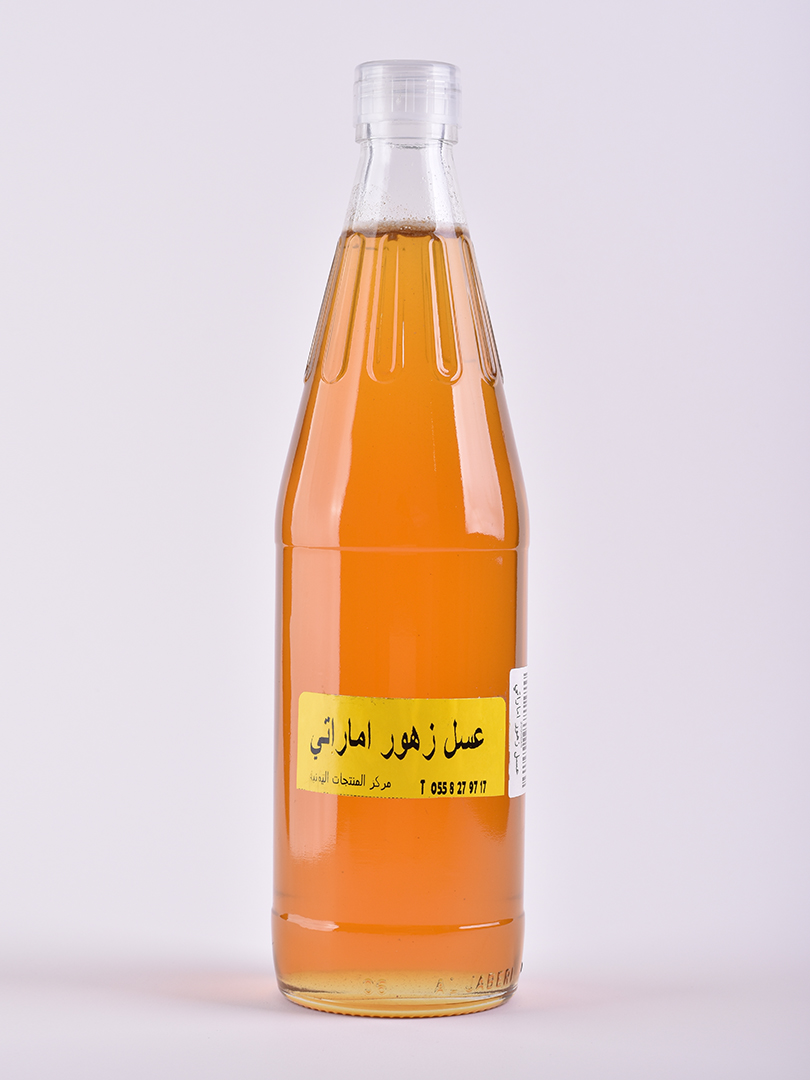
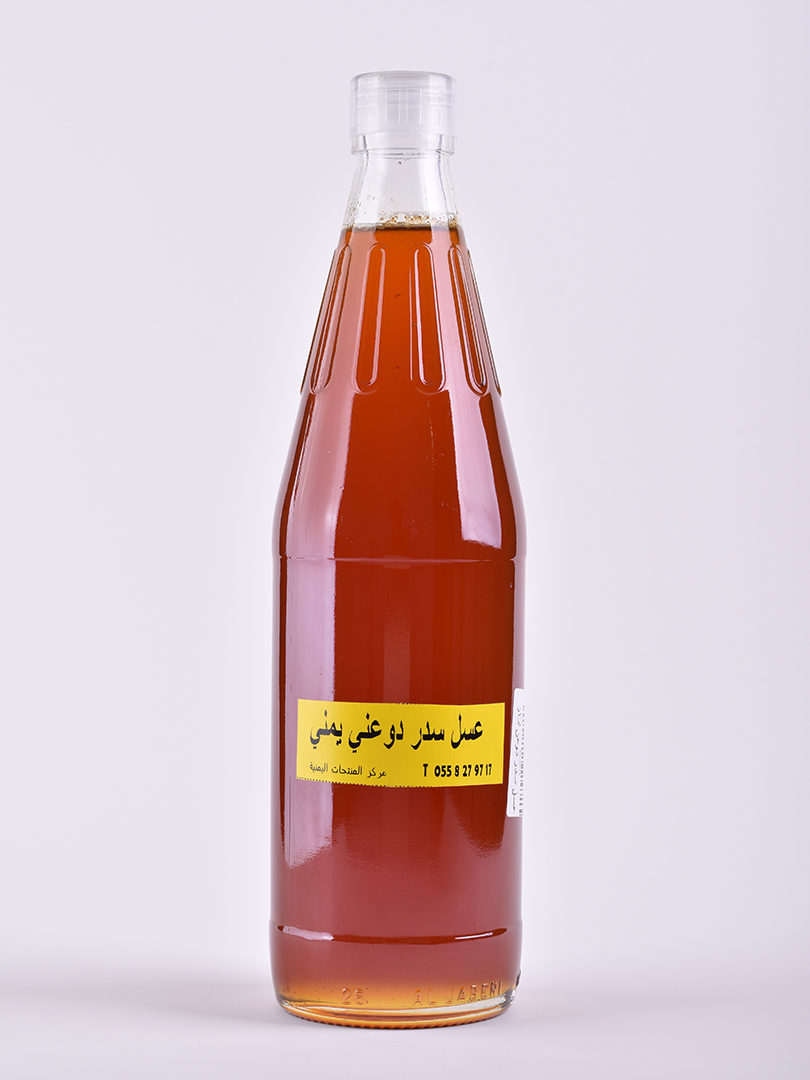
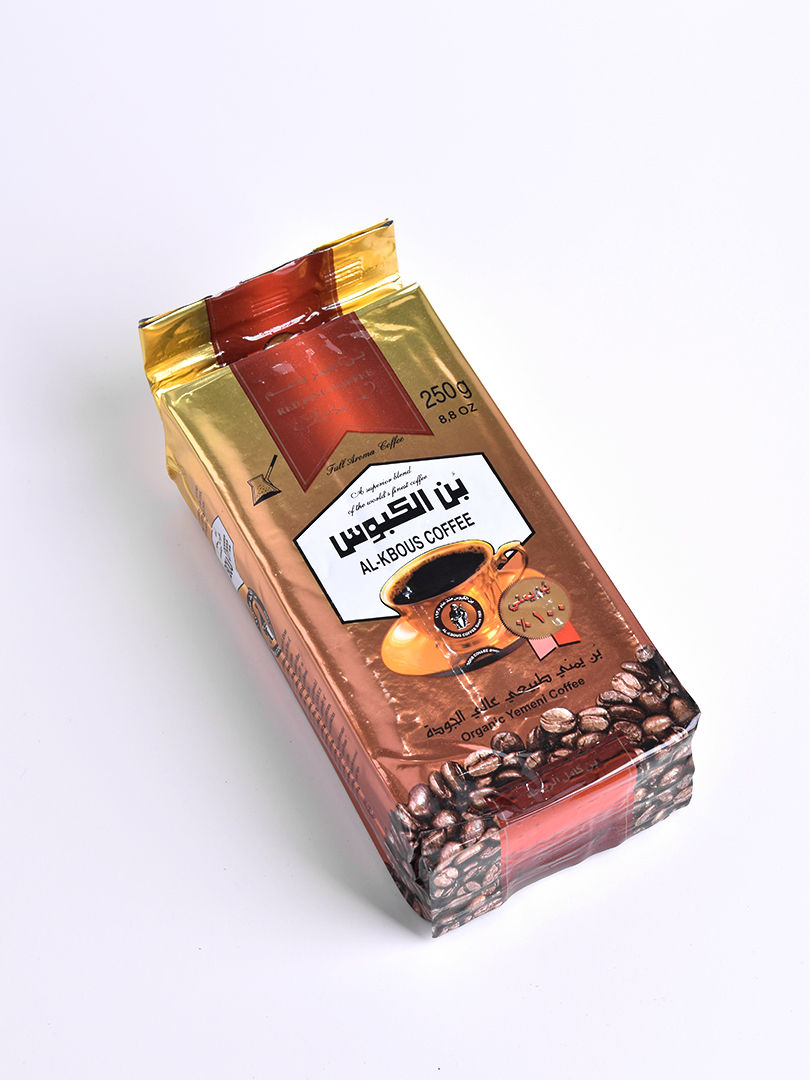




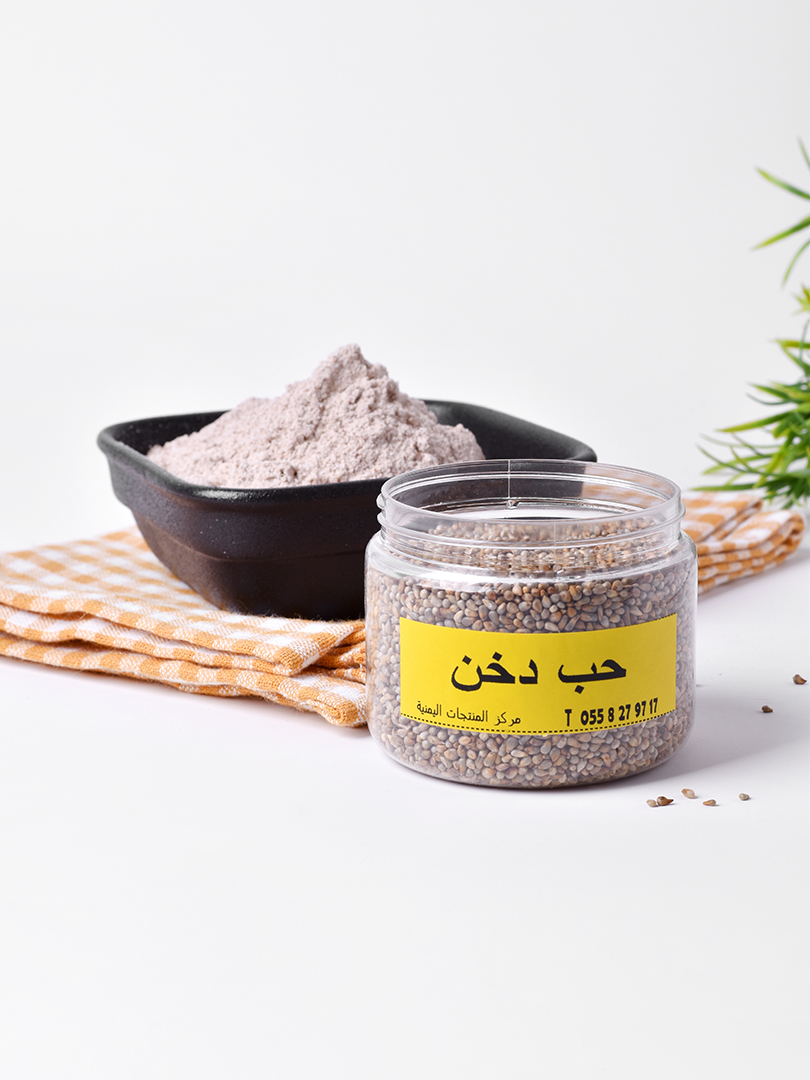
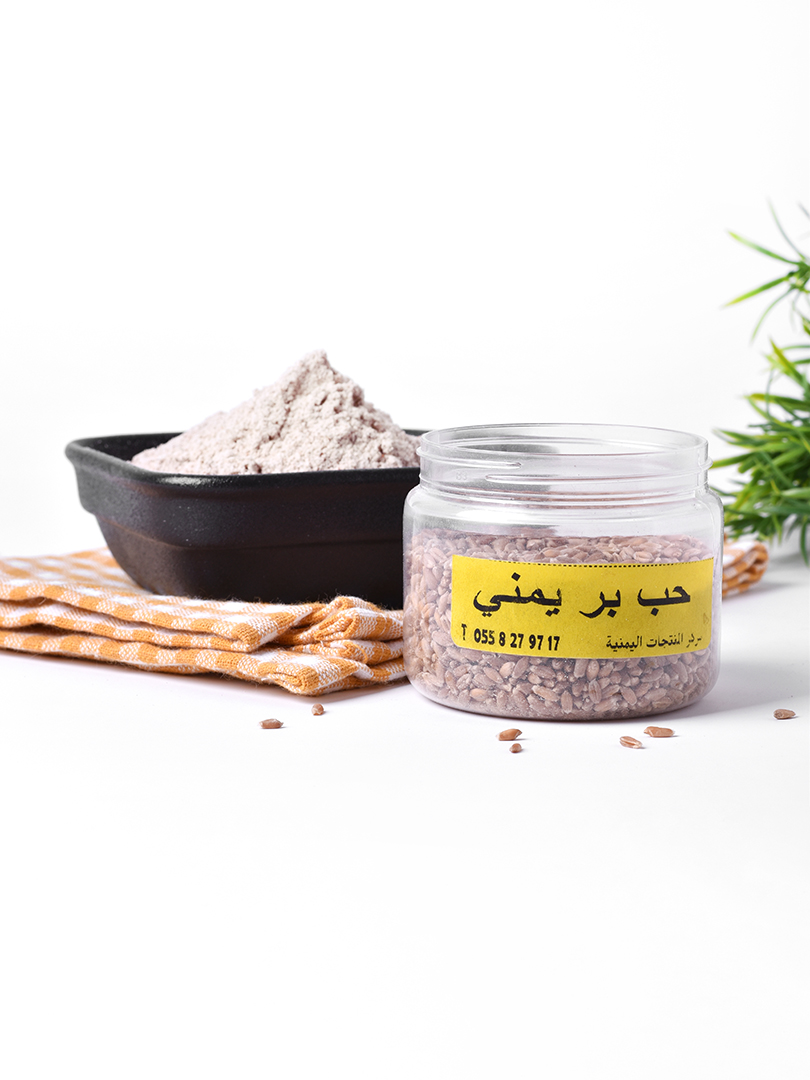
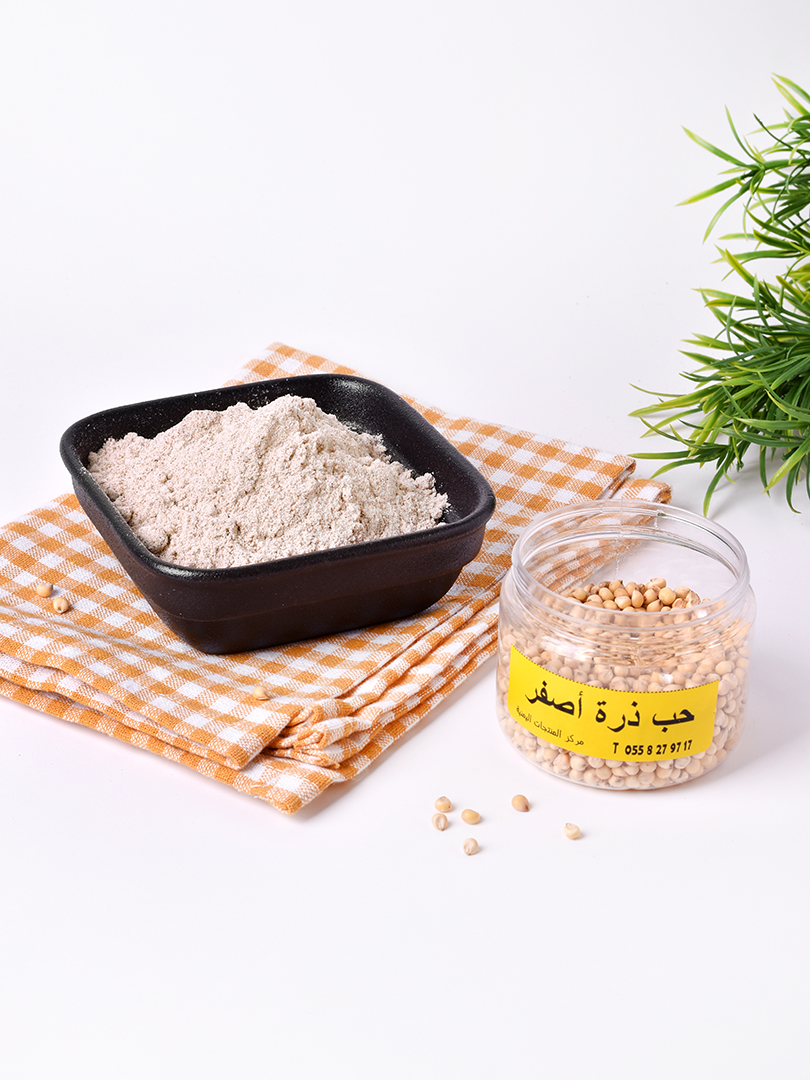
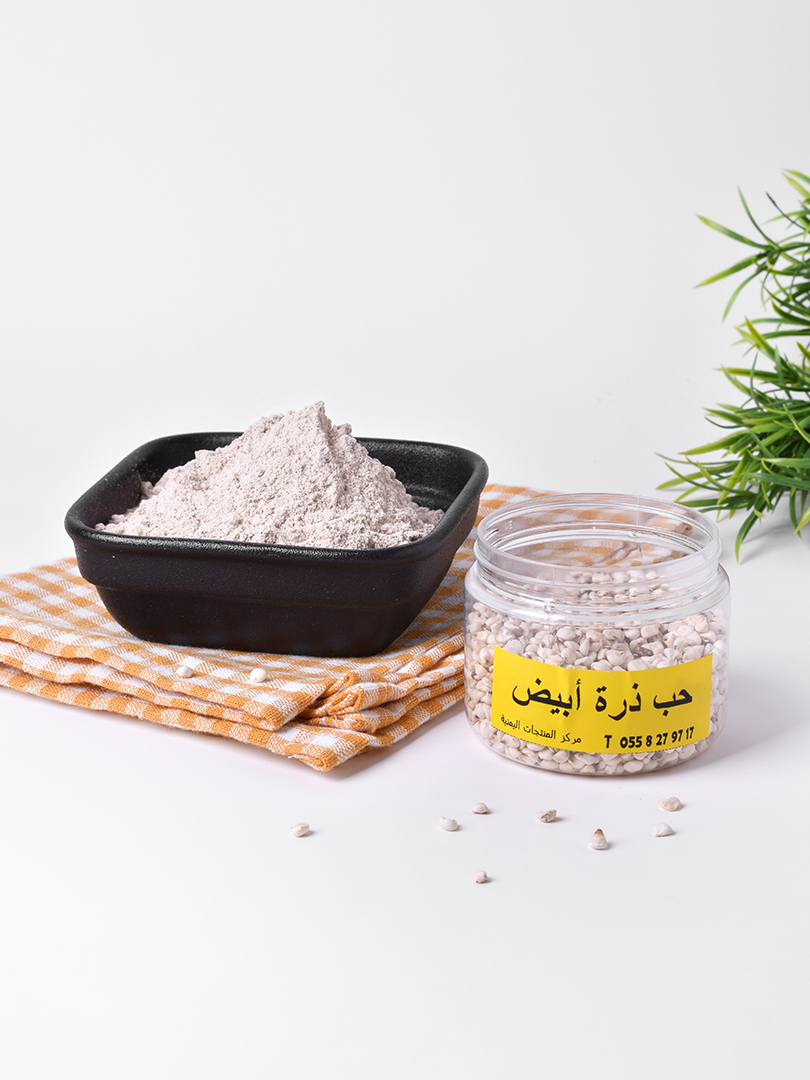
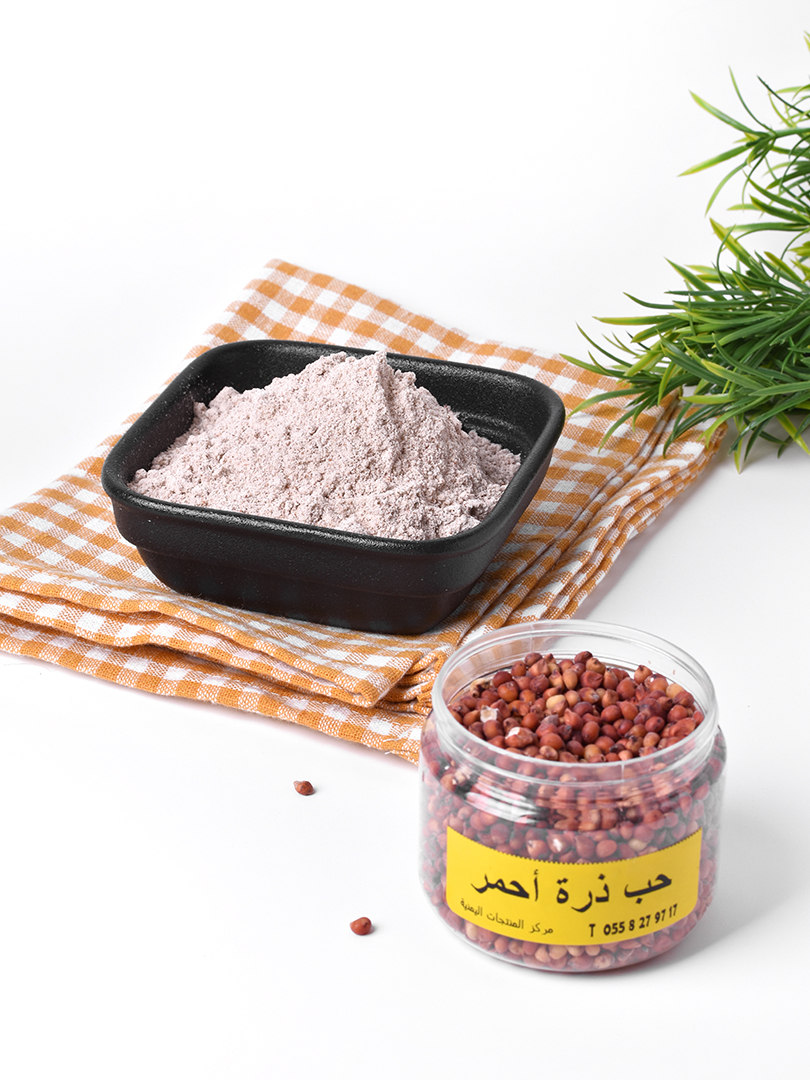
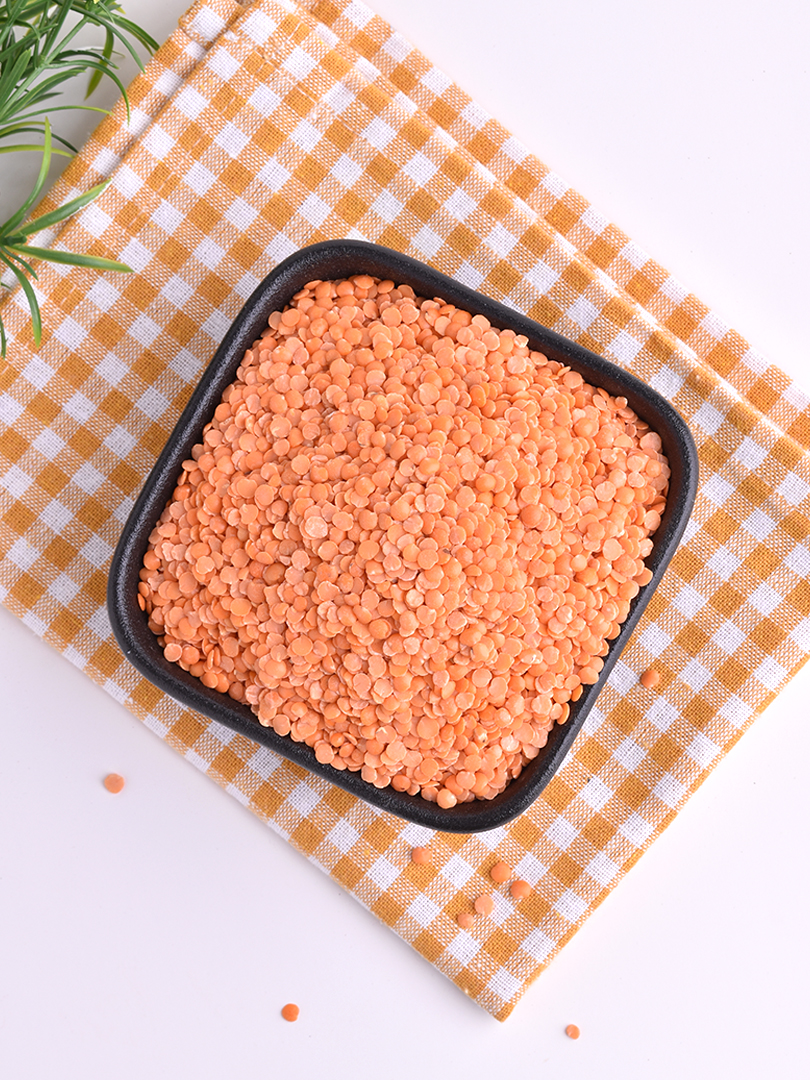
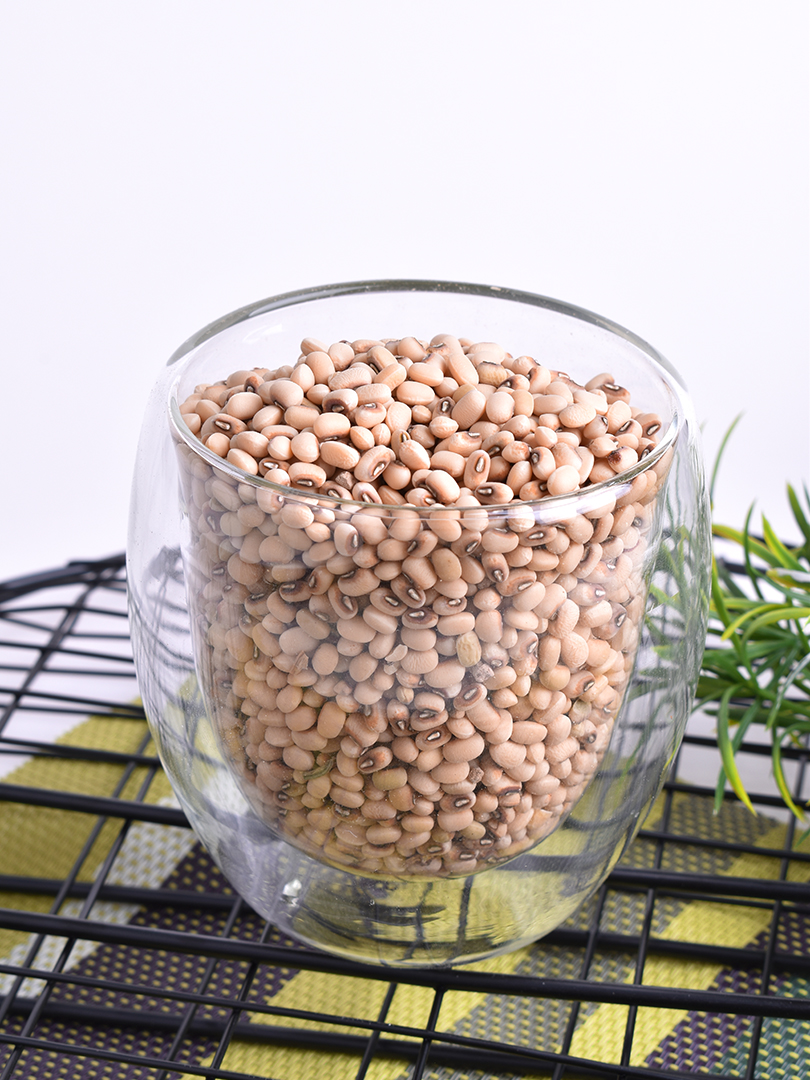
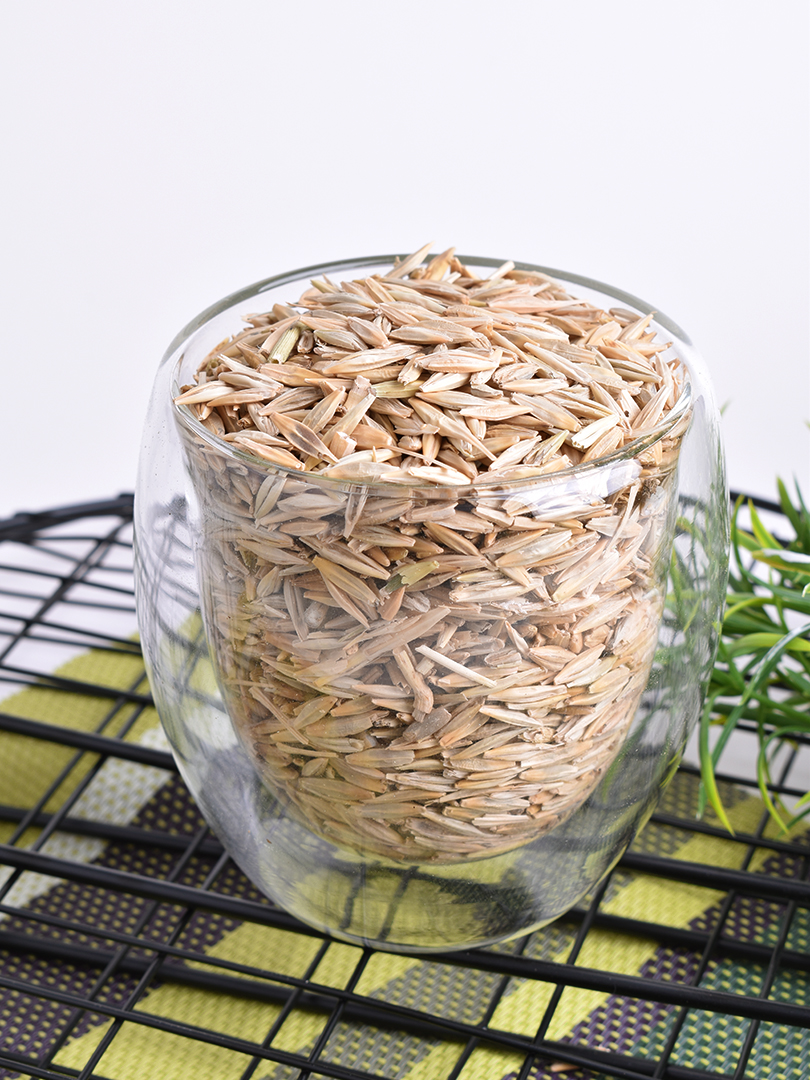
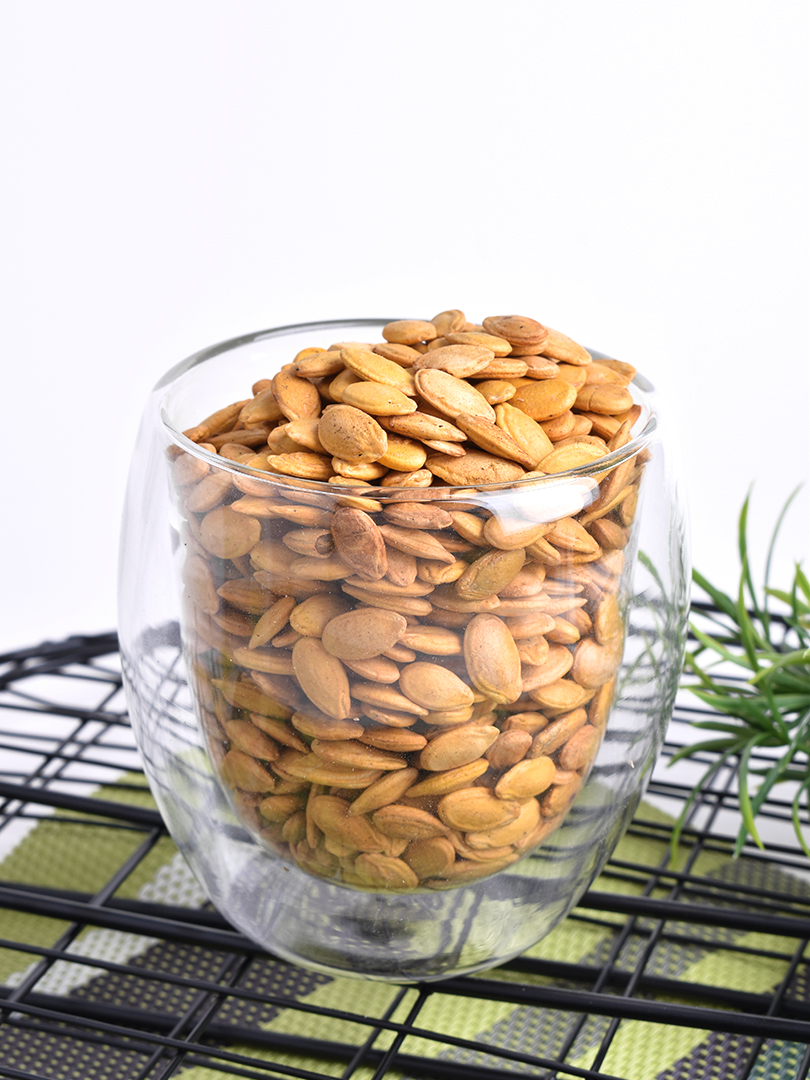
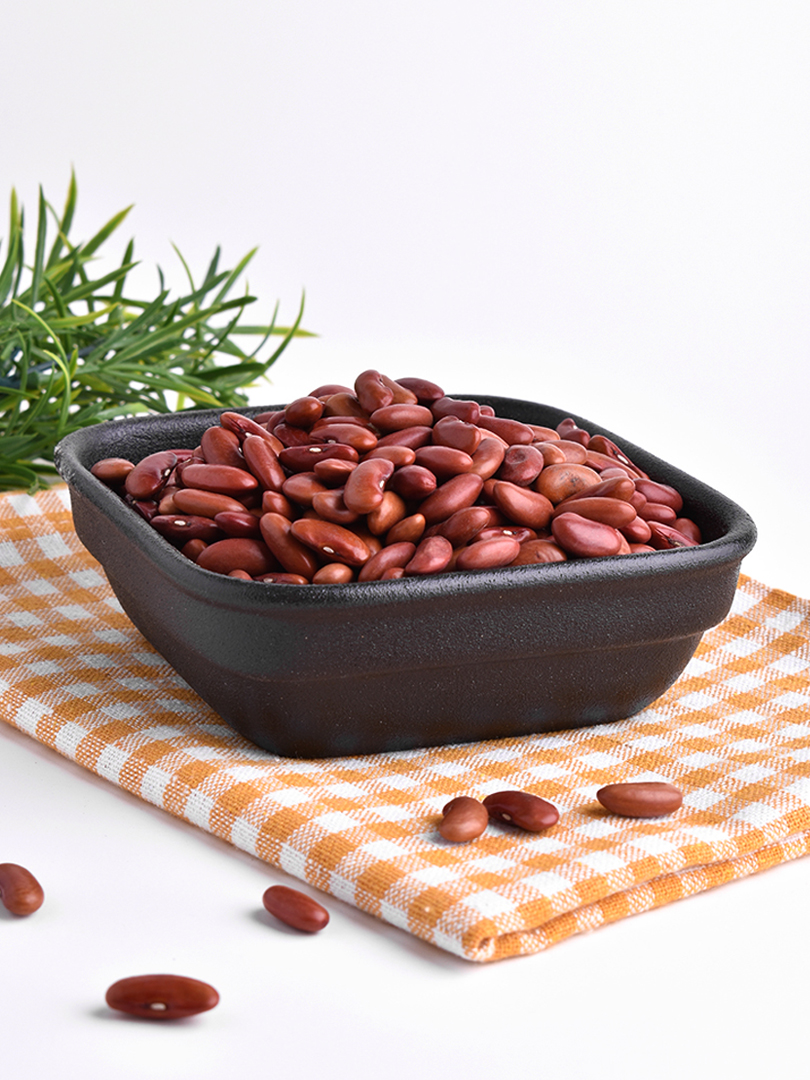
.jpg)
.jpg)
.jpg)

.jpg)
.jpg)
.jpg)

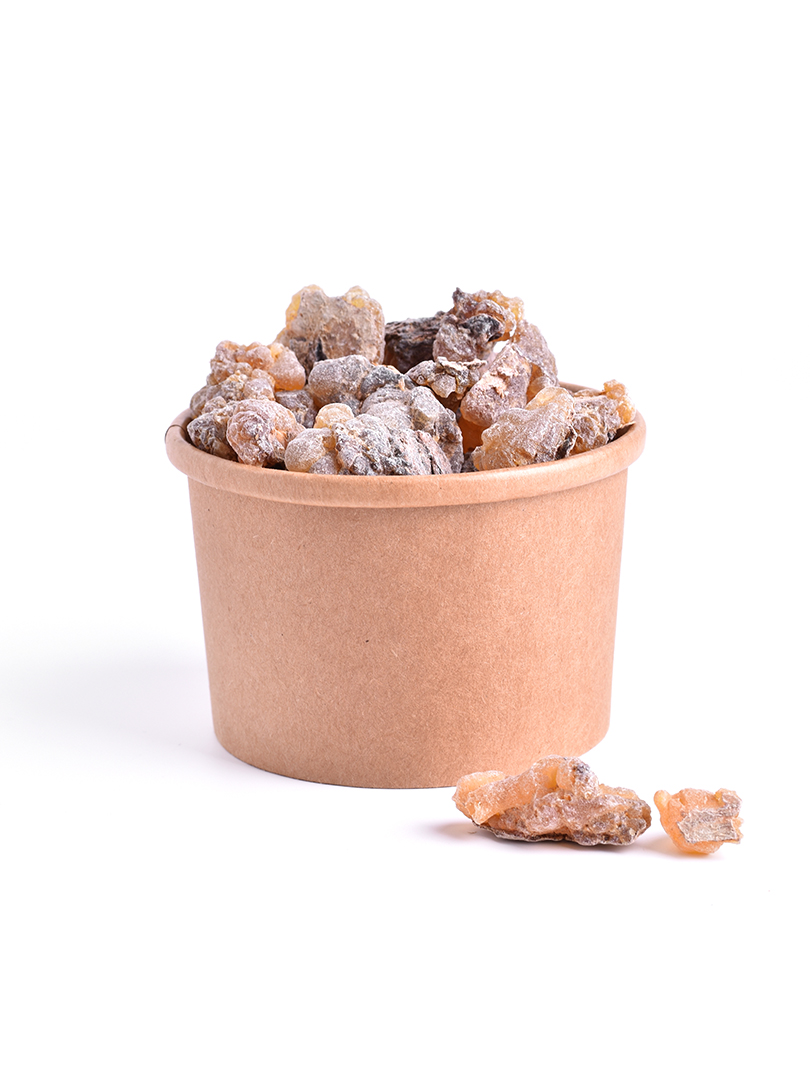
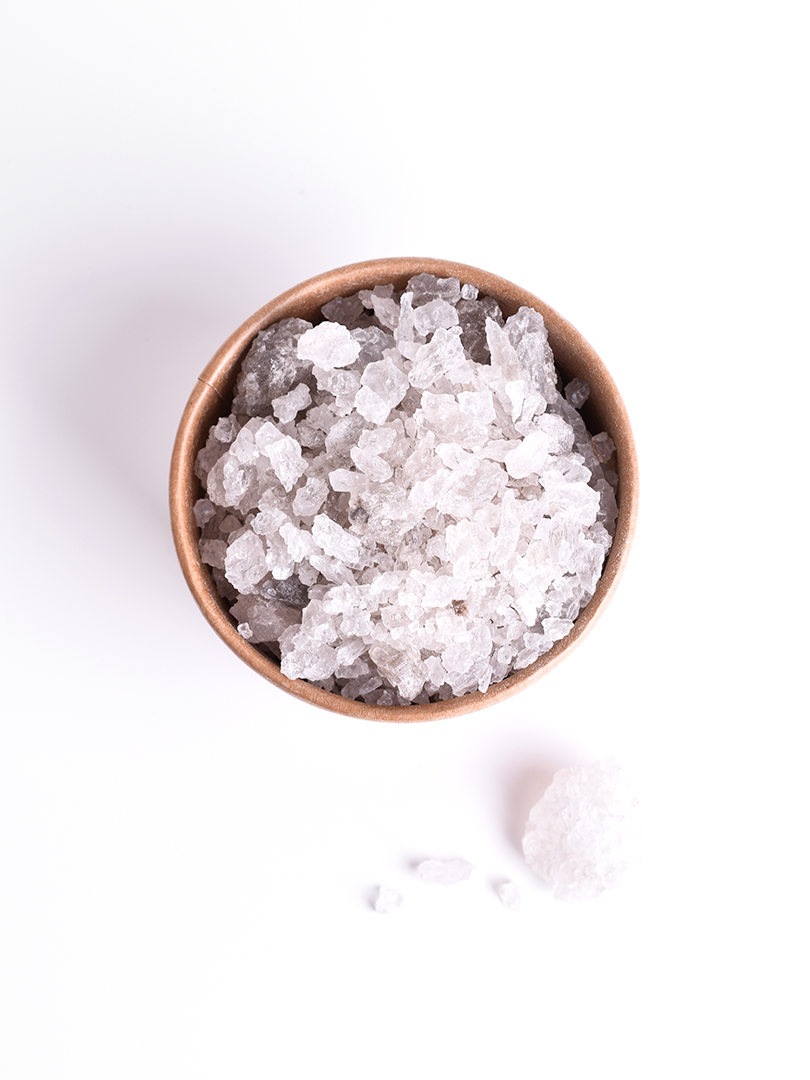
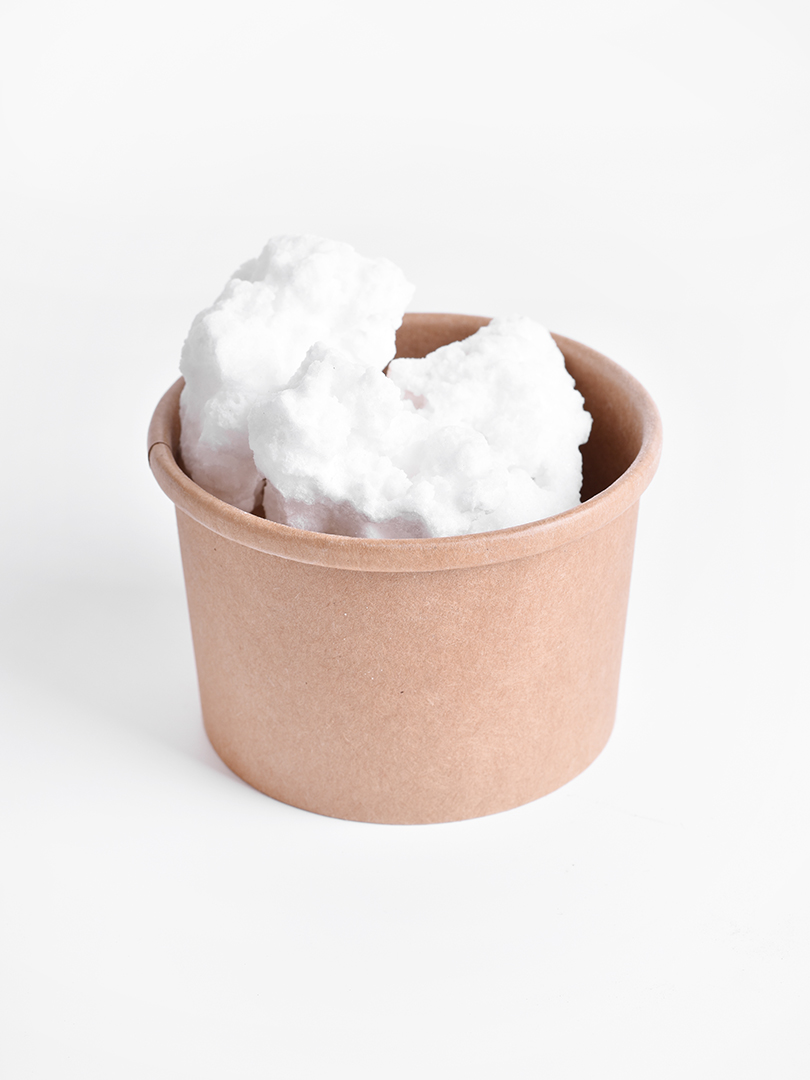
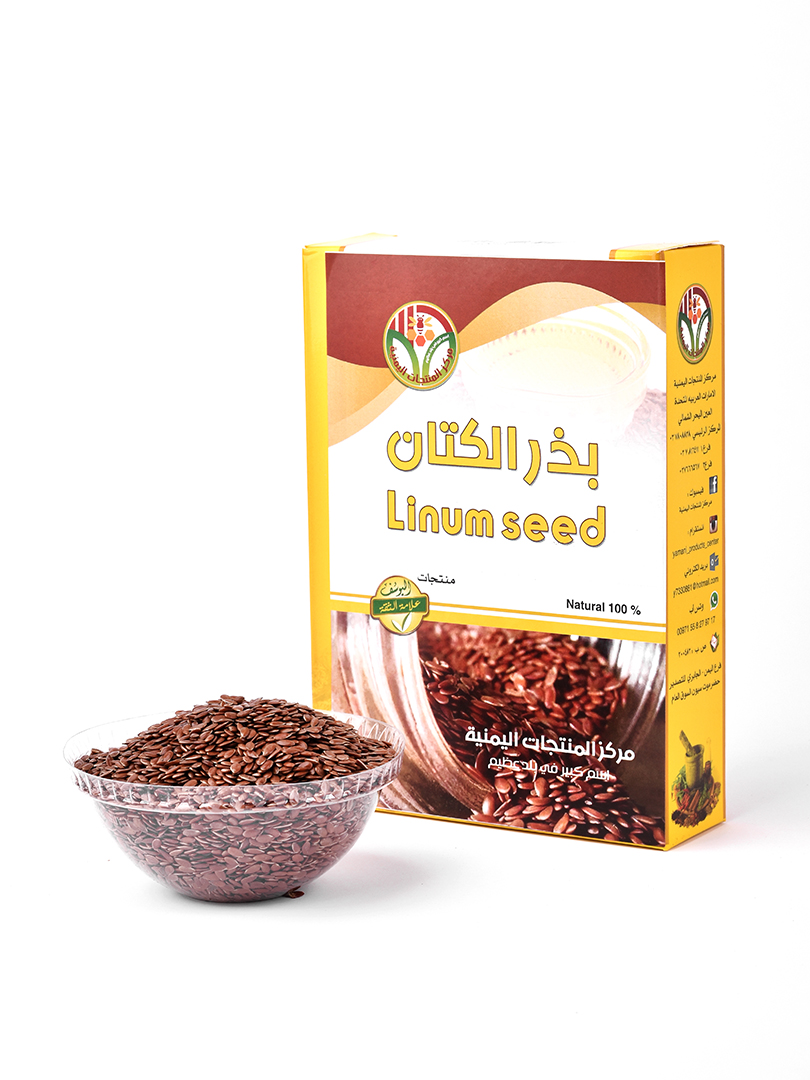
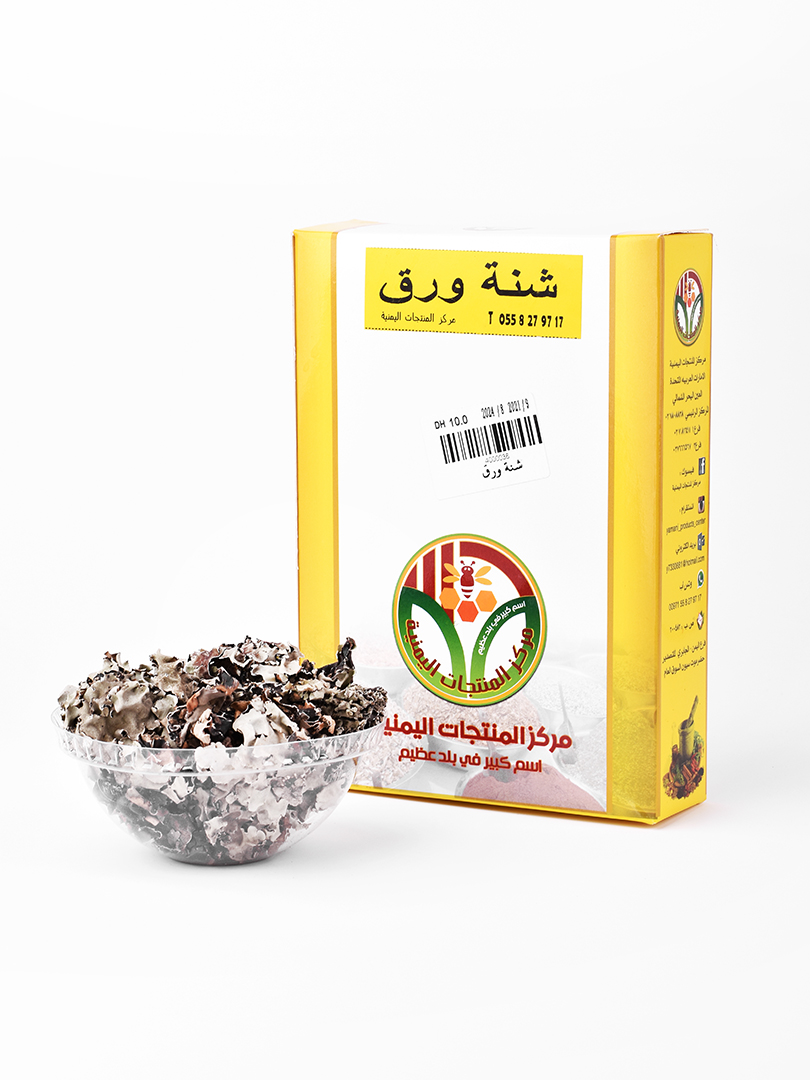
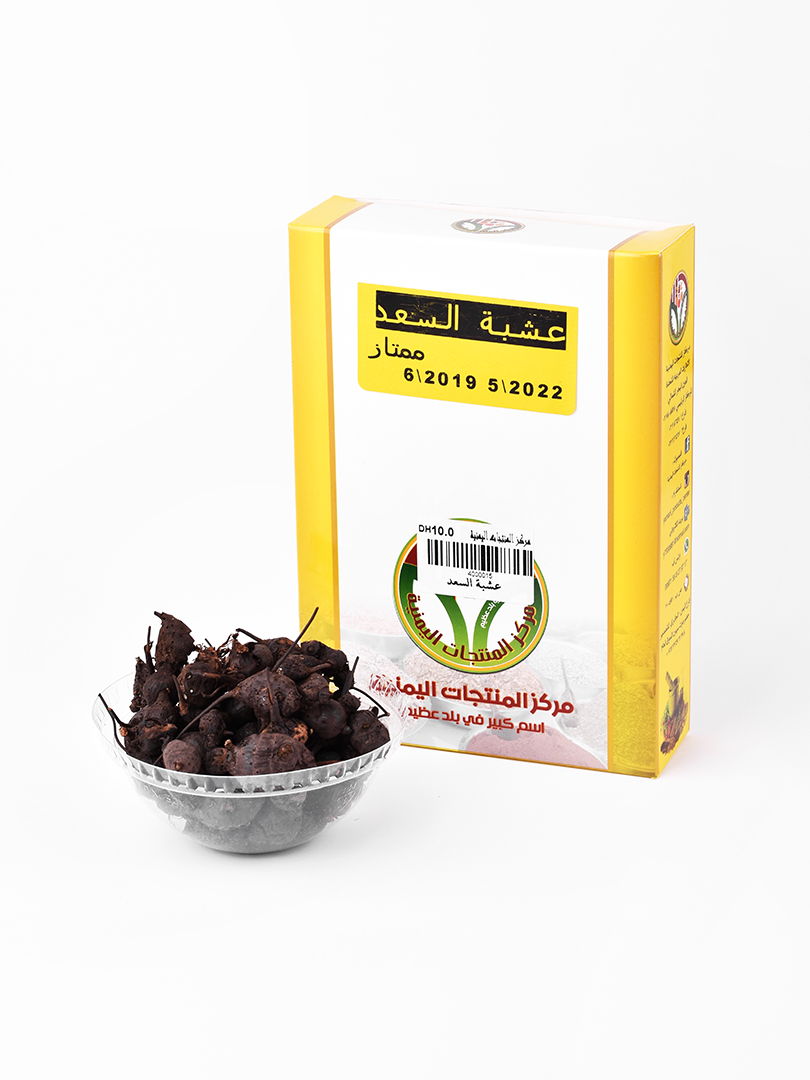
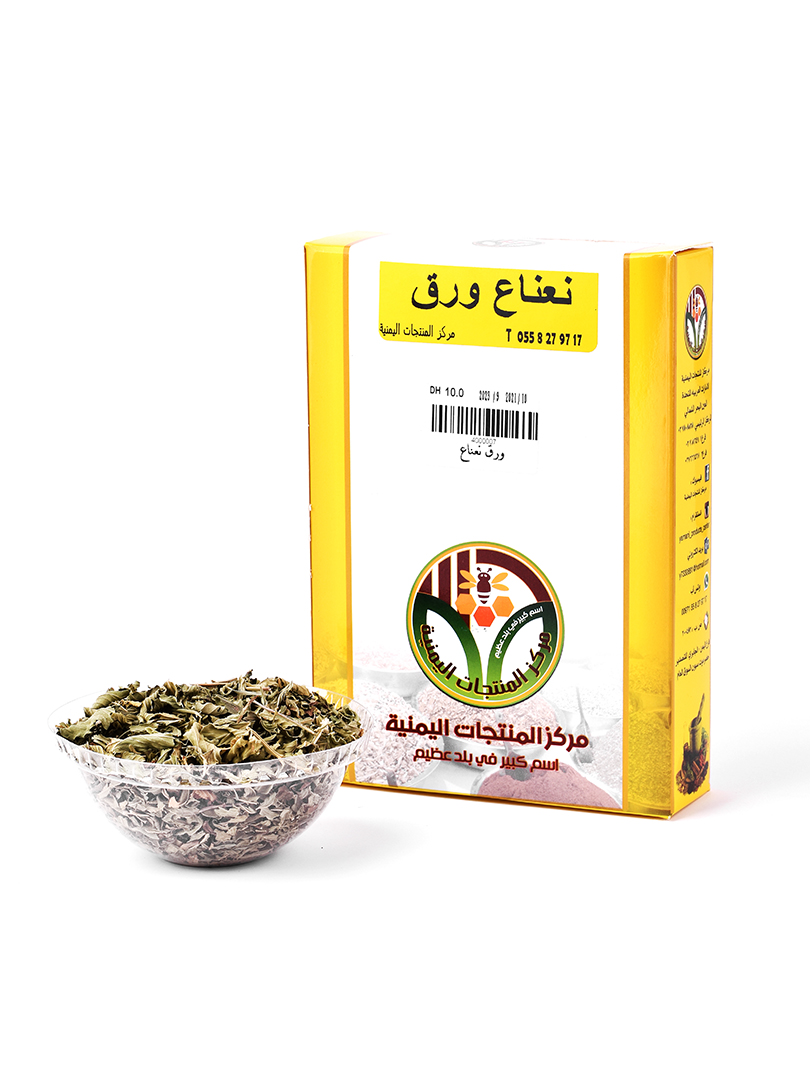
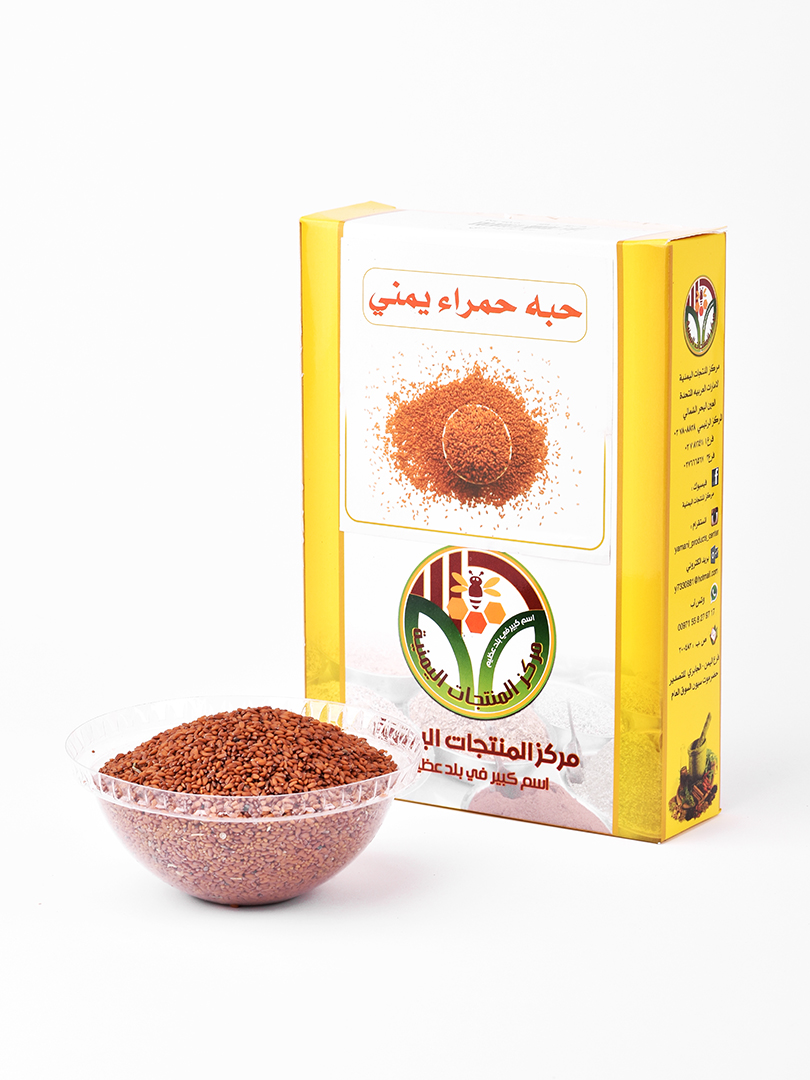
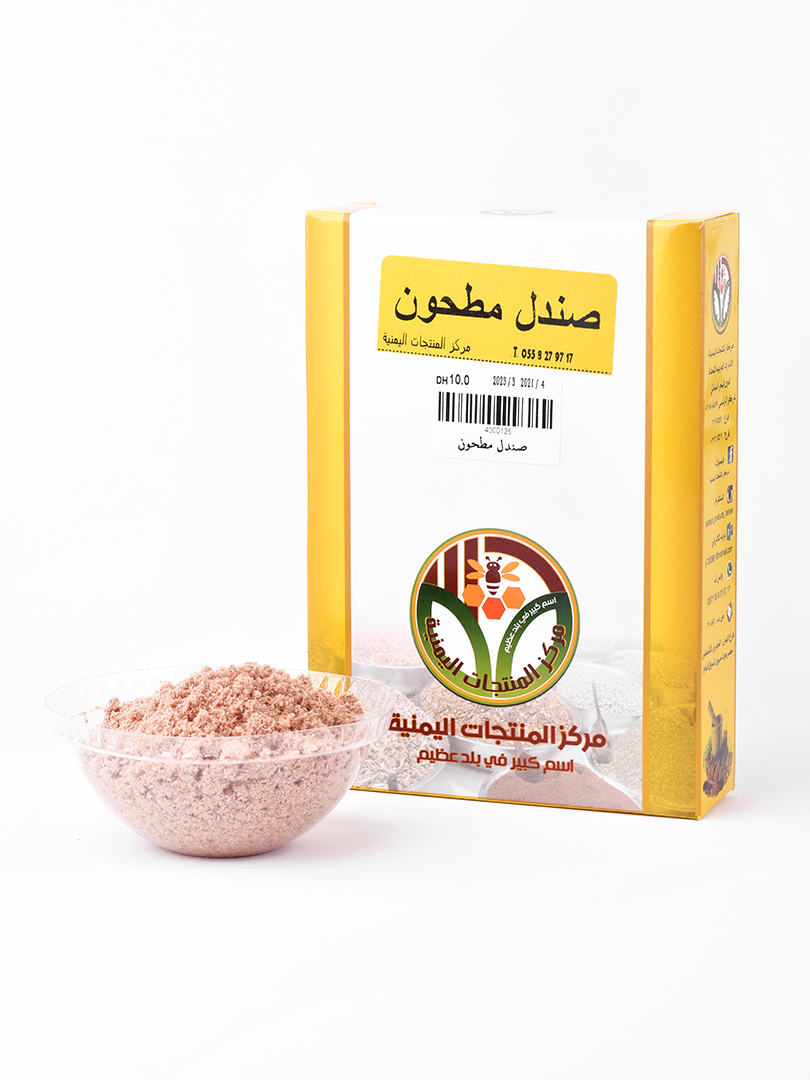
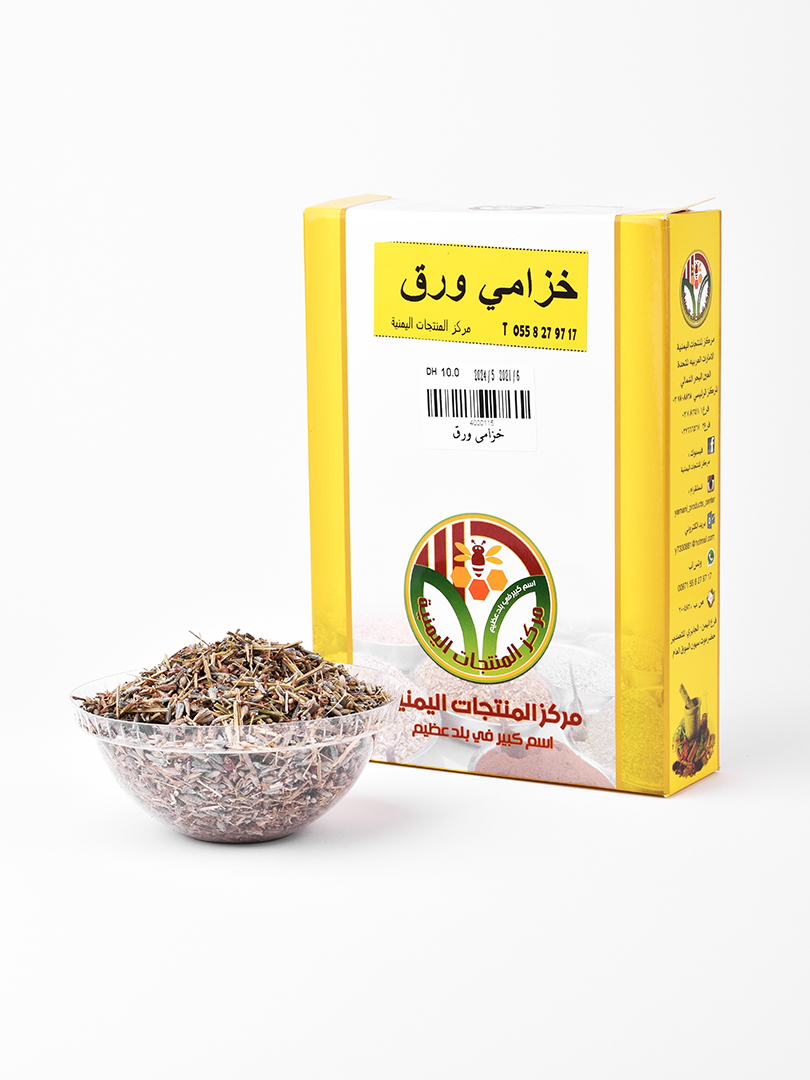
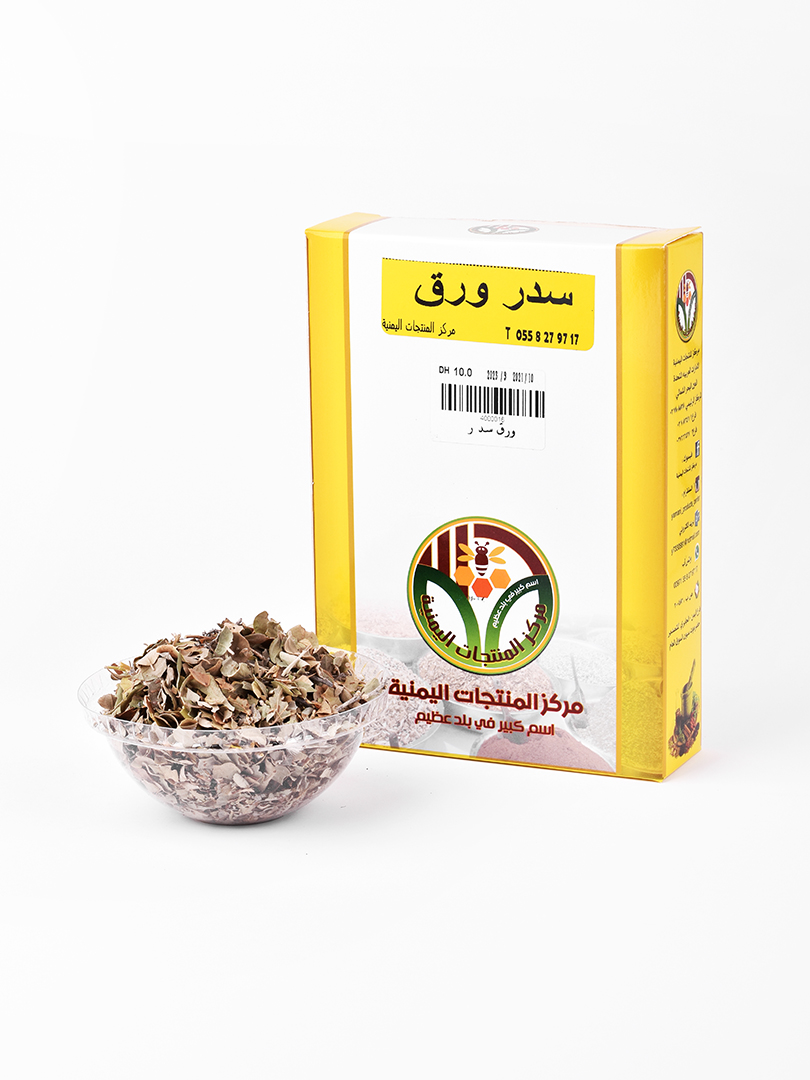
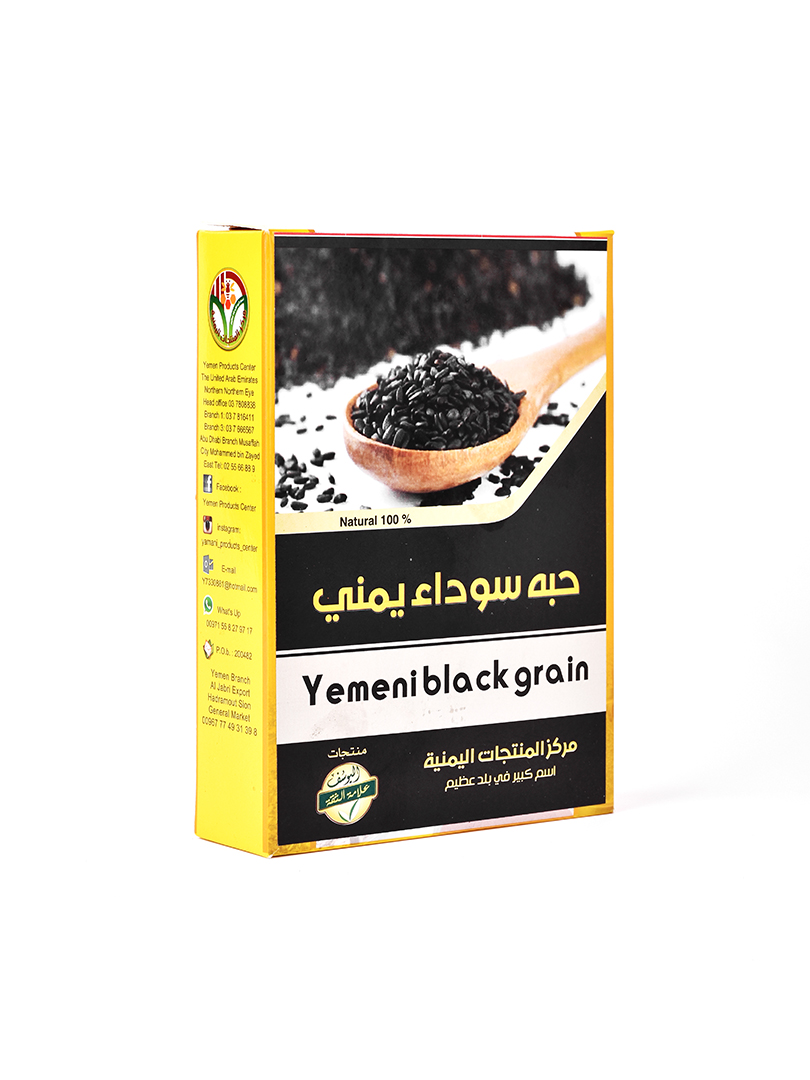
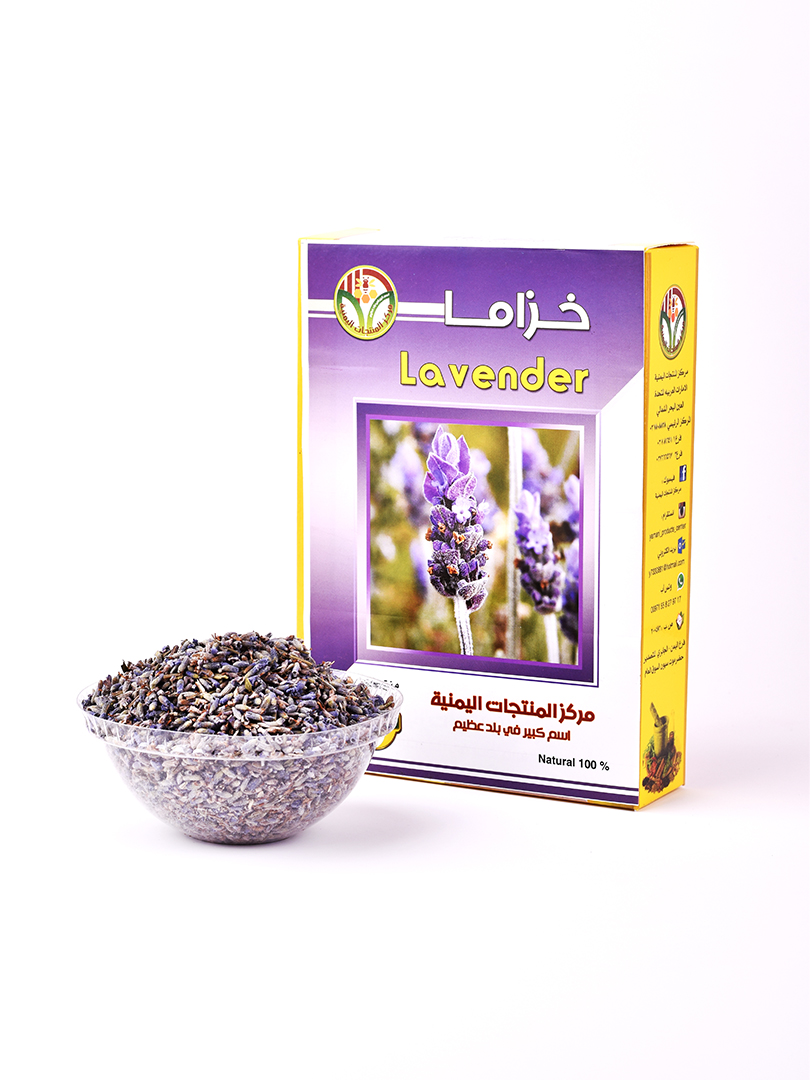
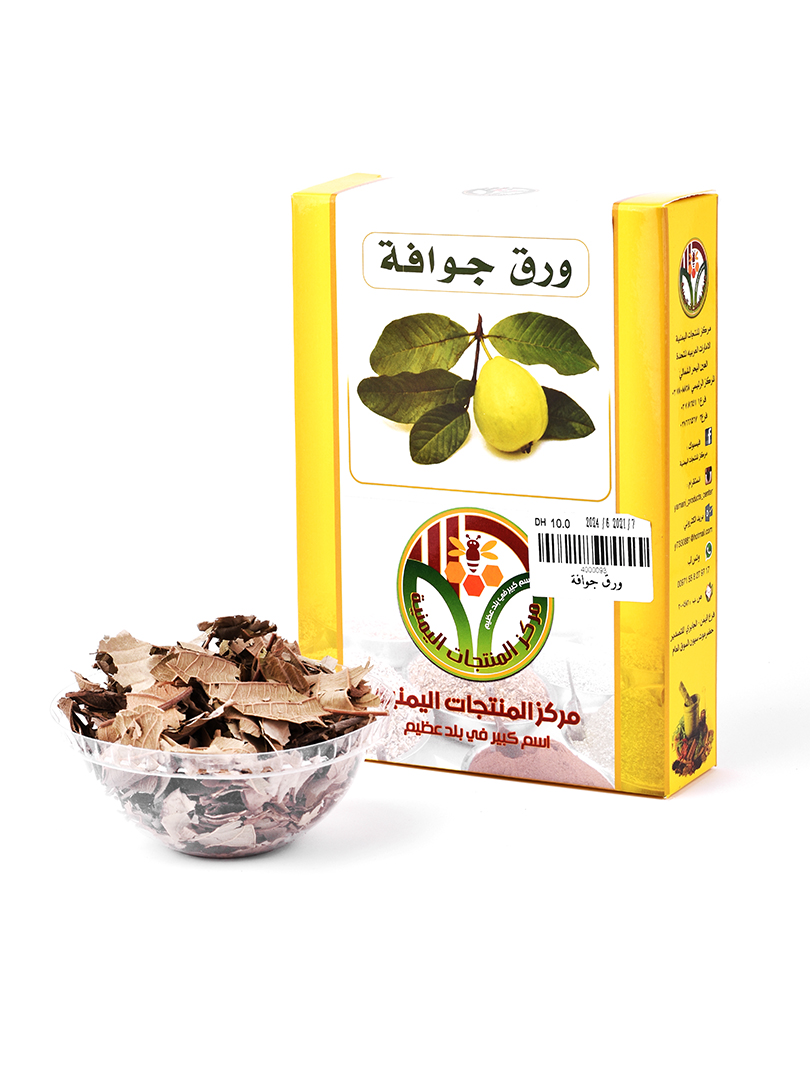
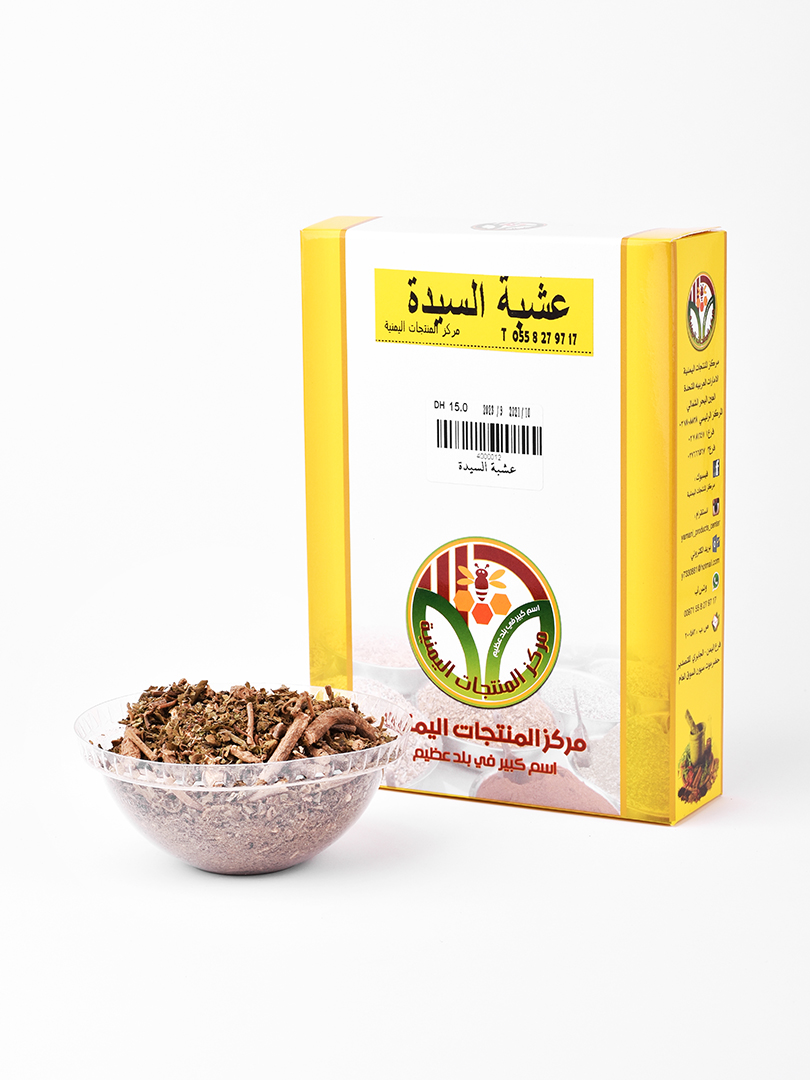
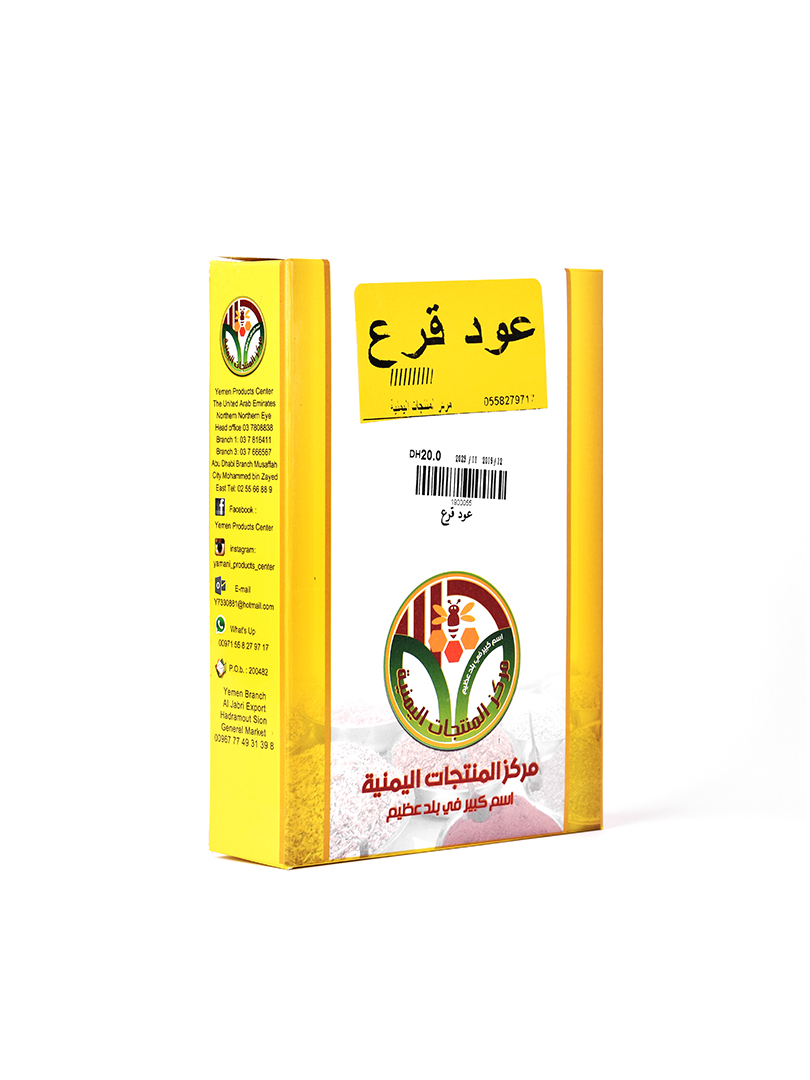

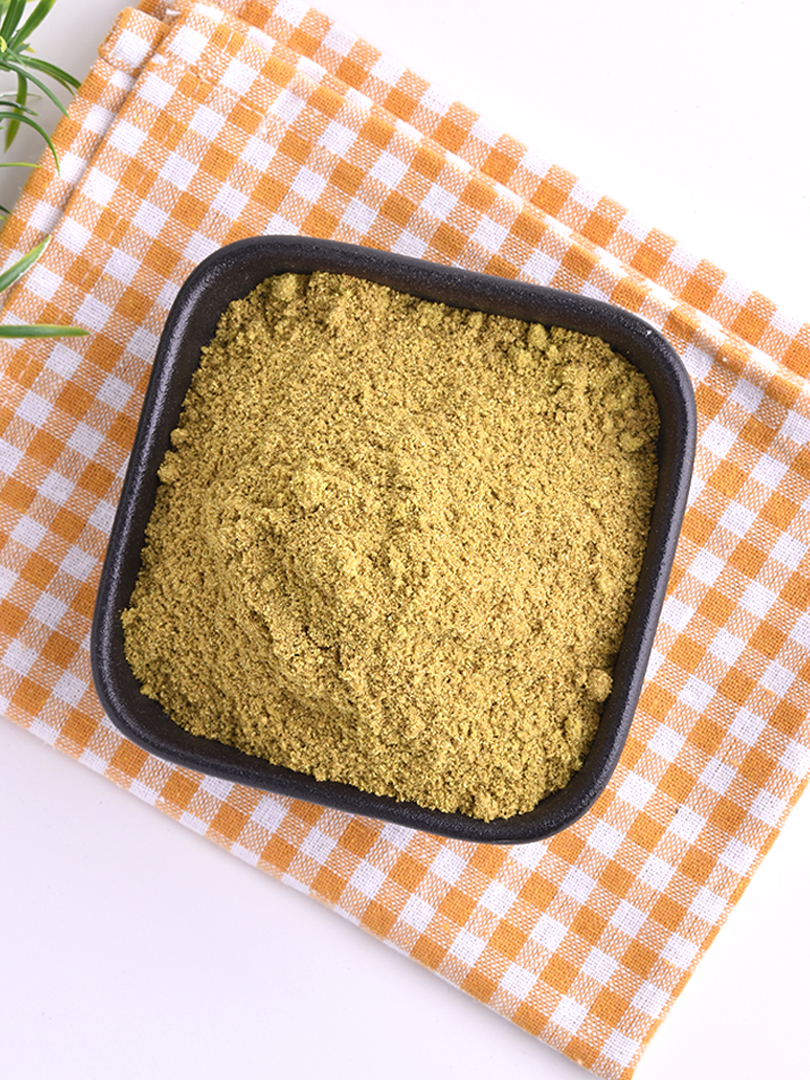
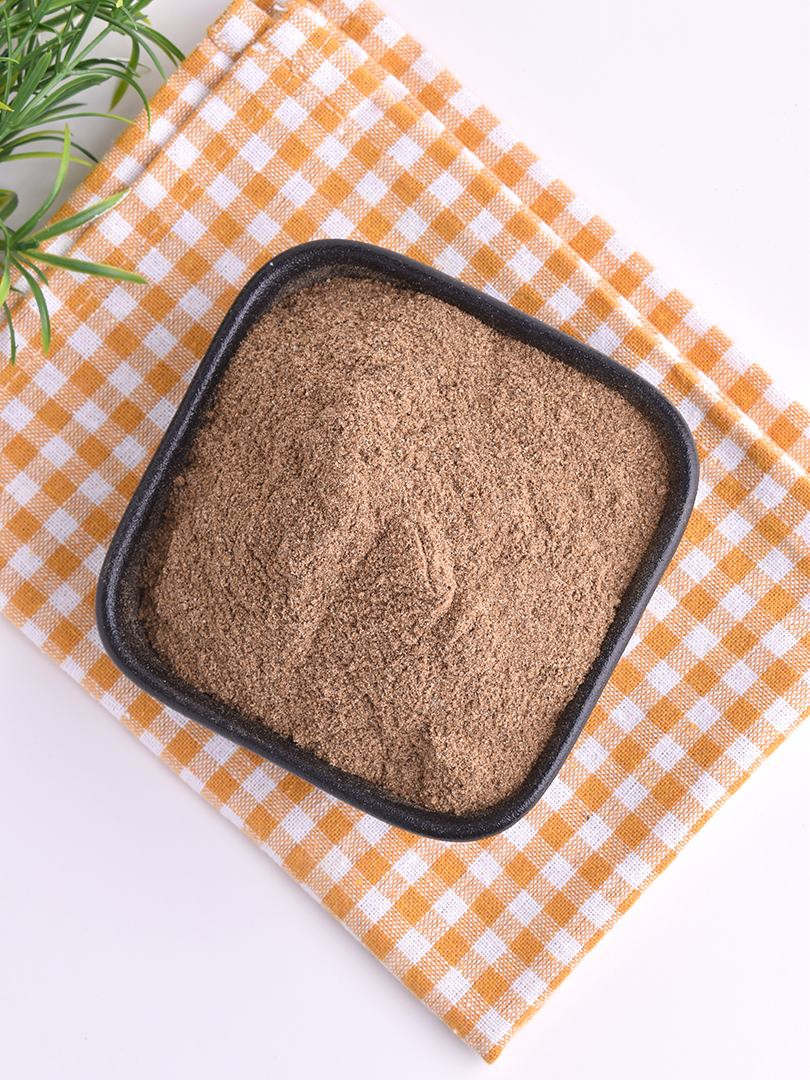
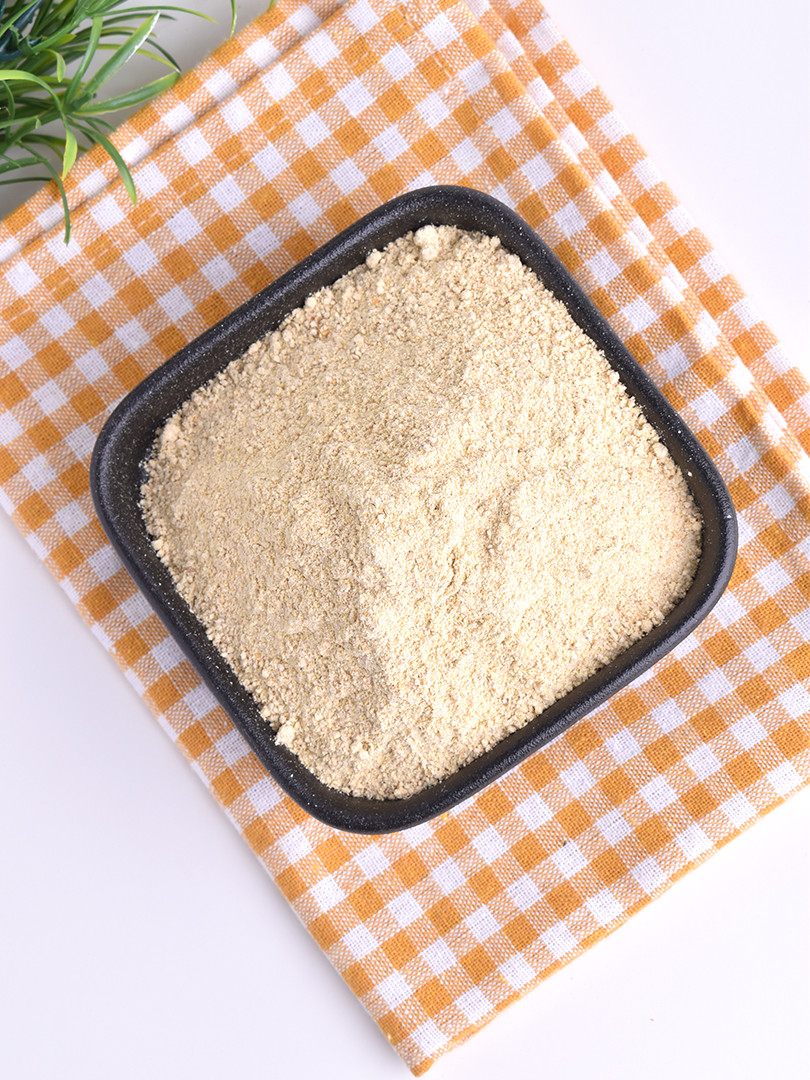
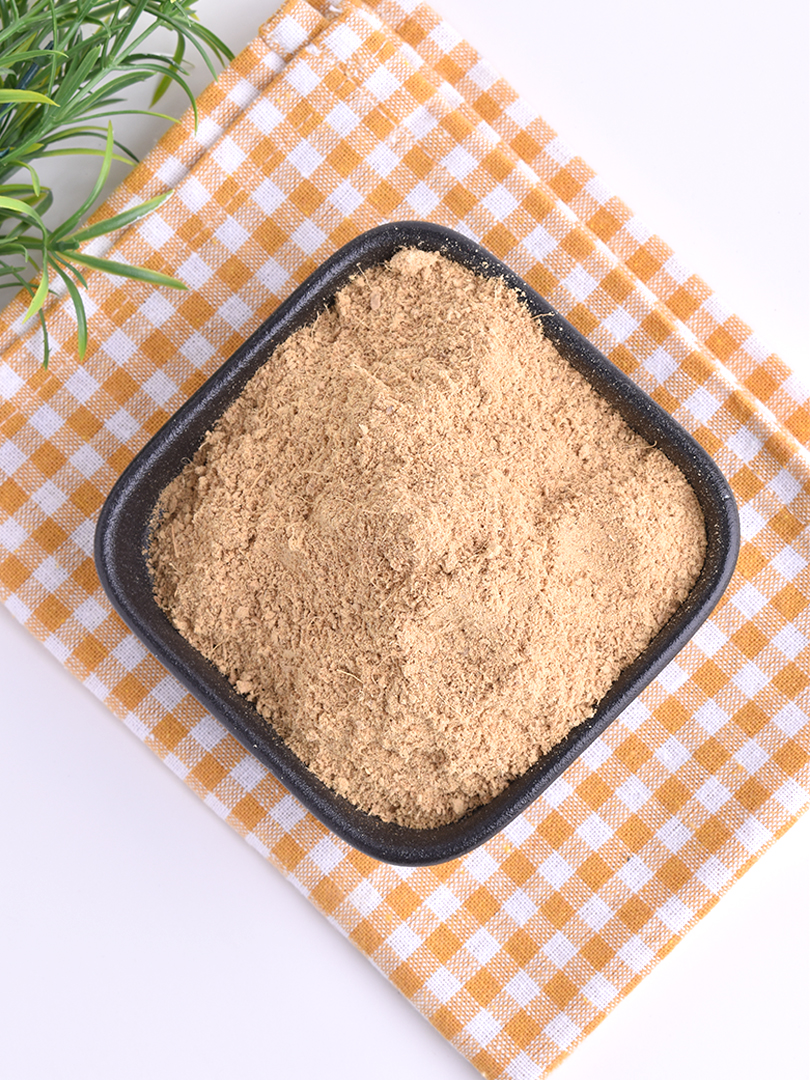
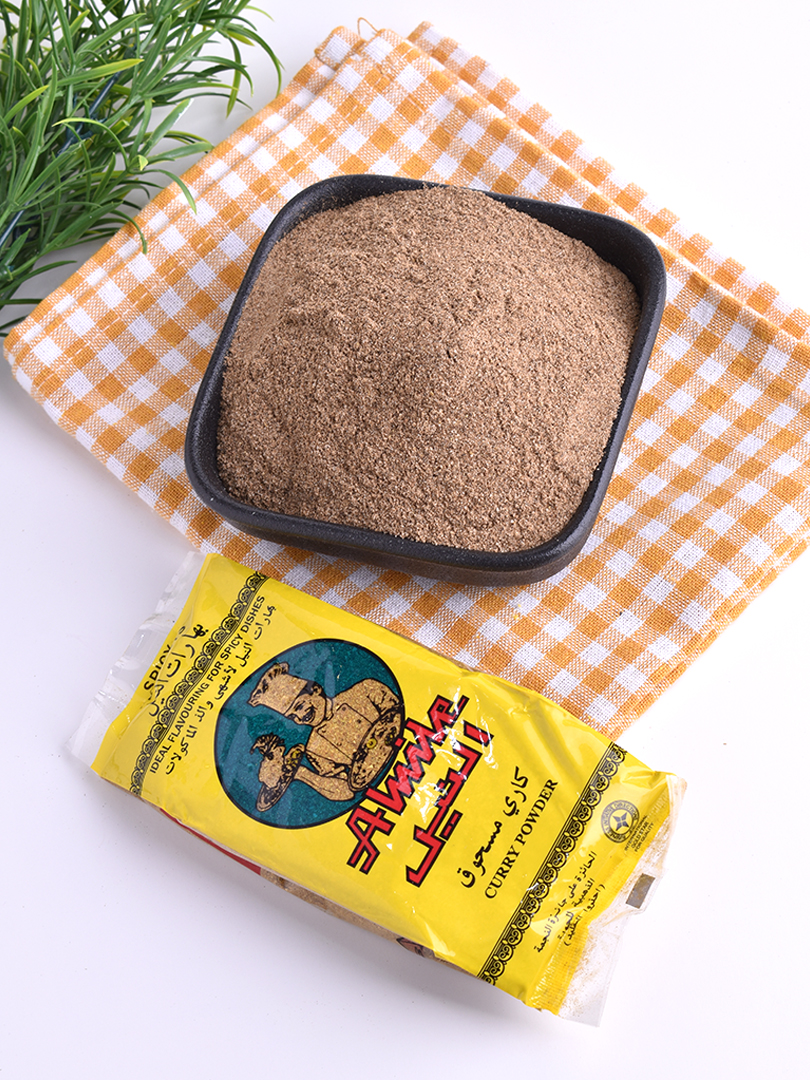
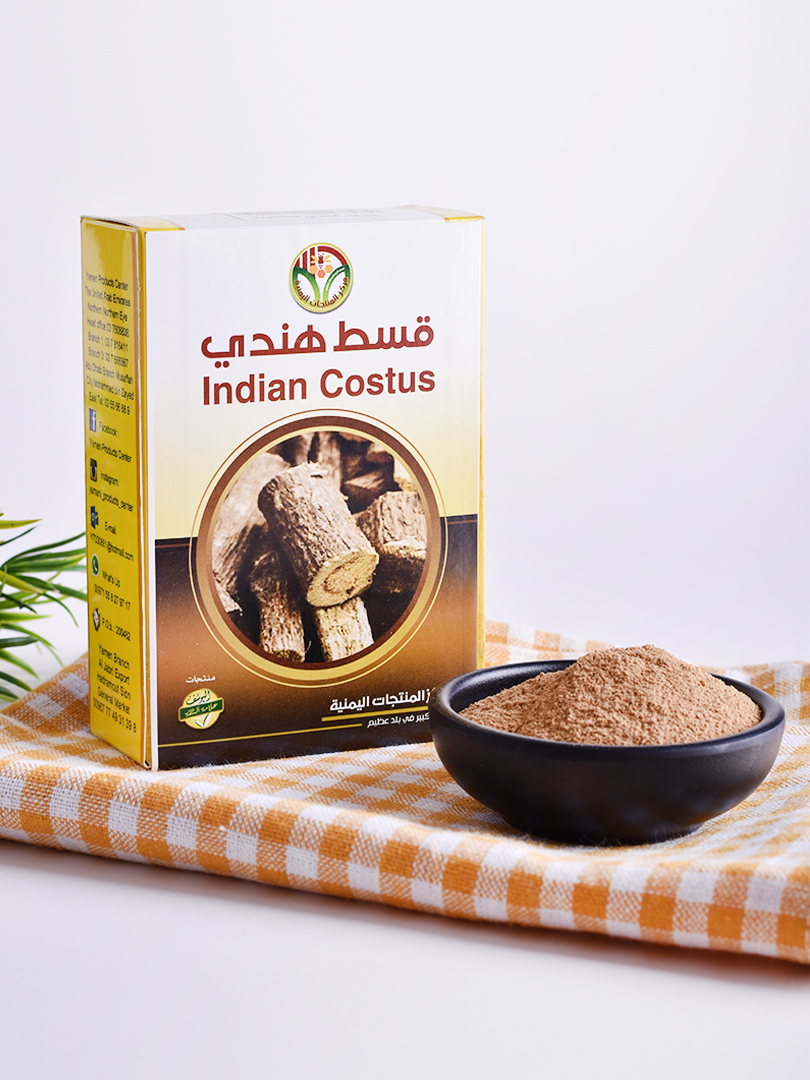
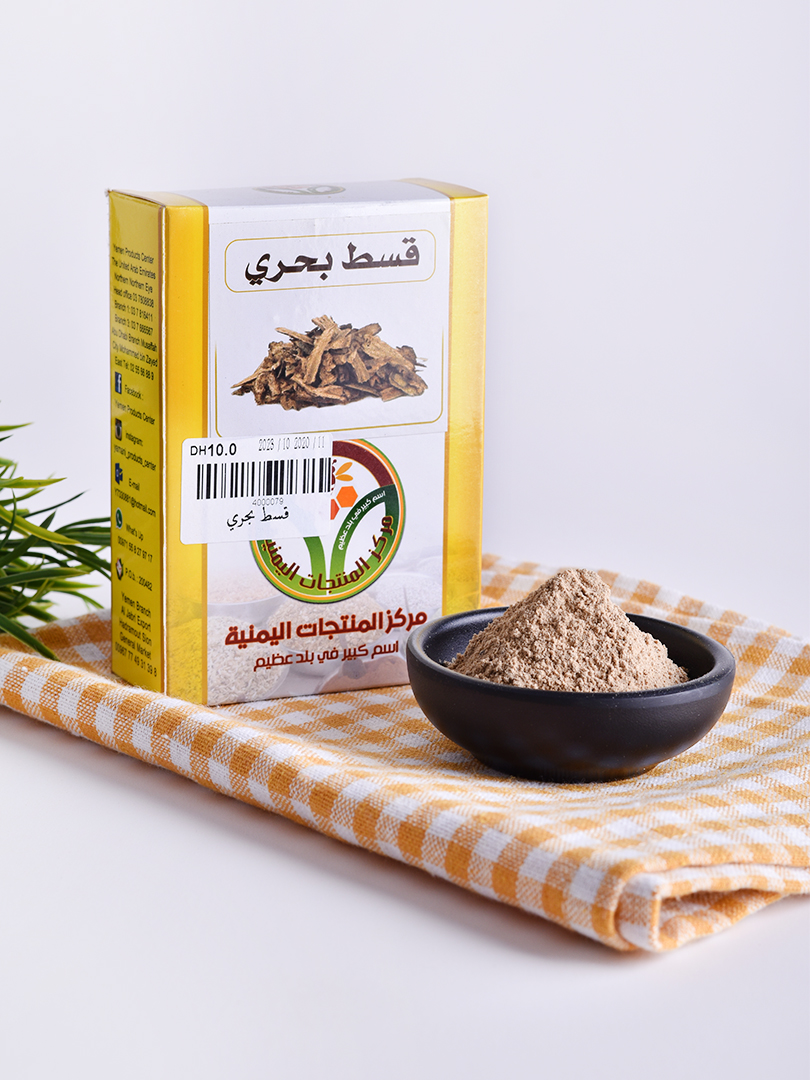
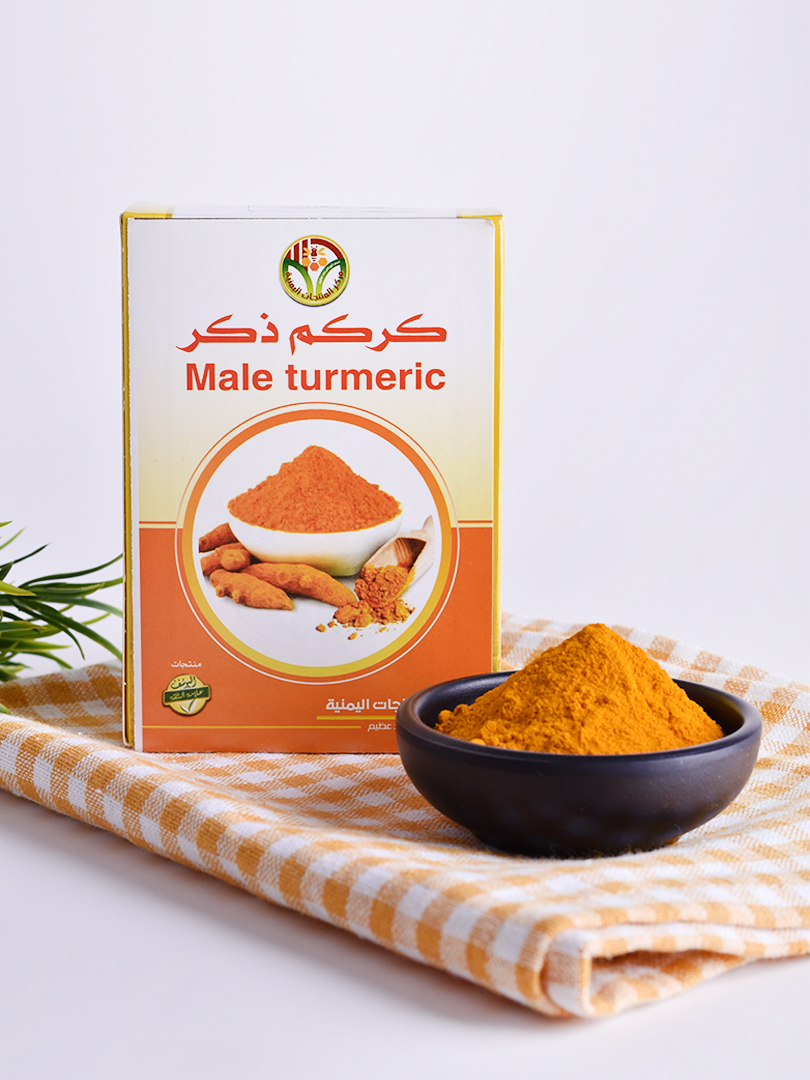
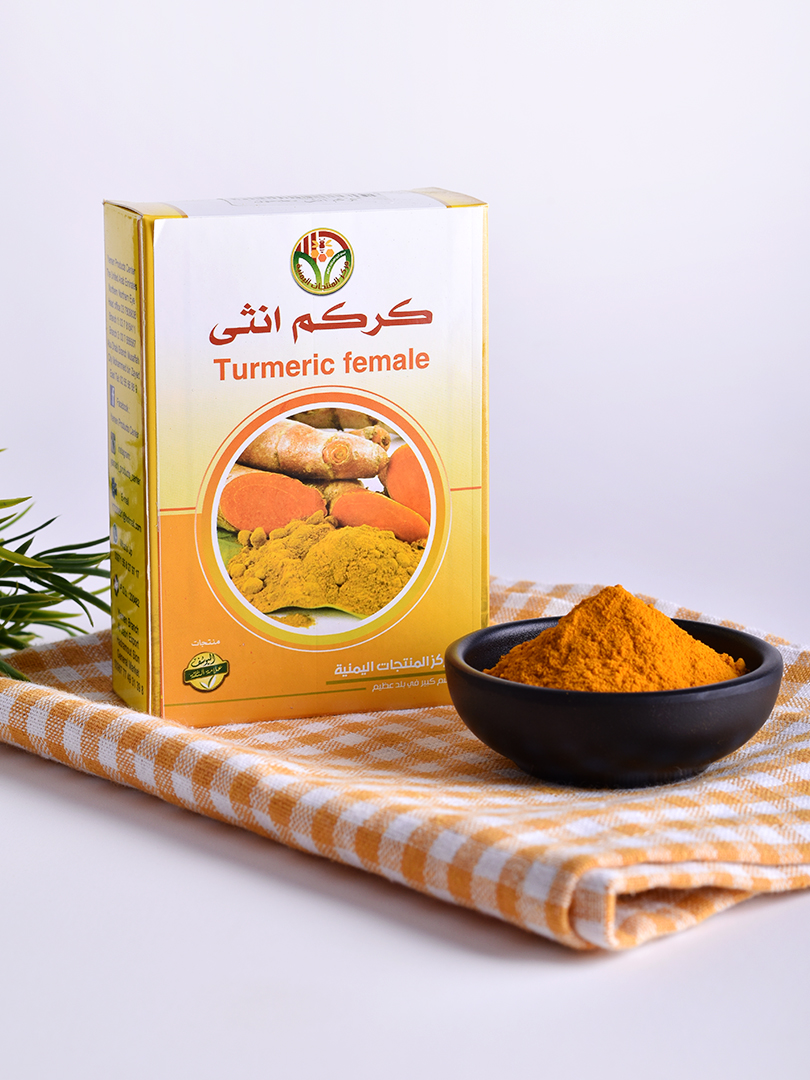
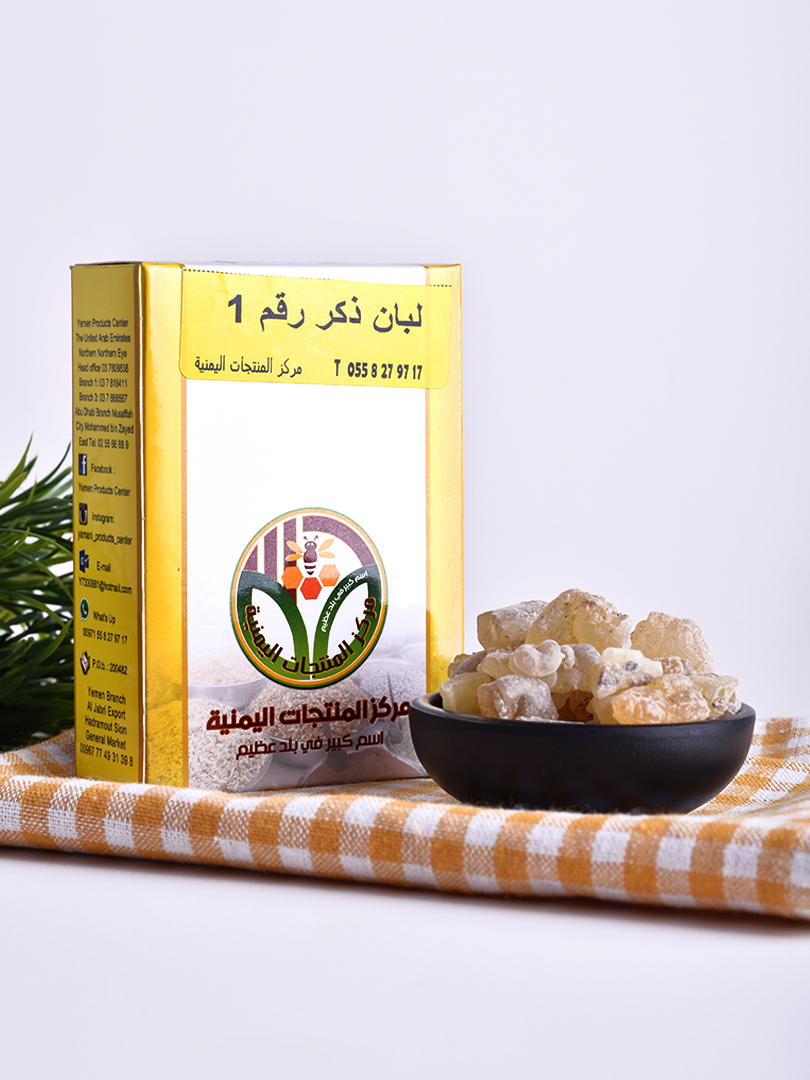
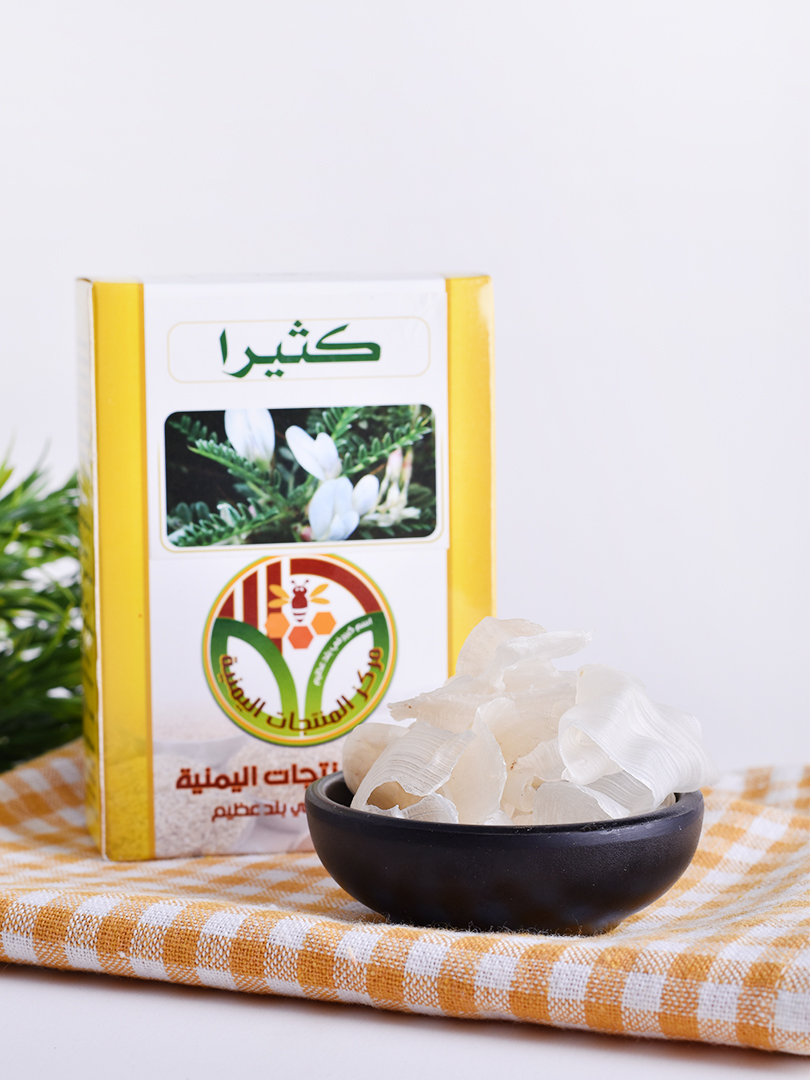
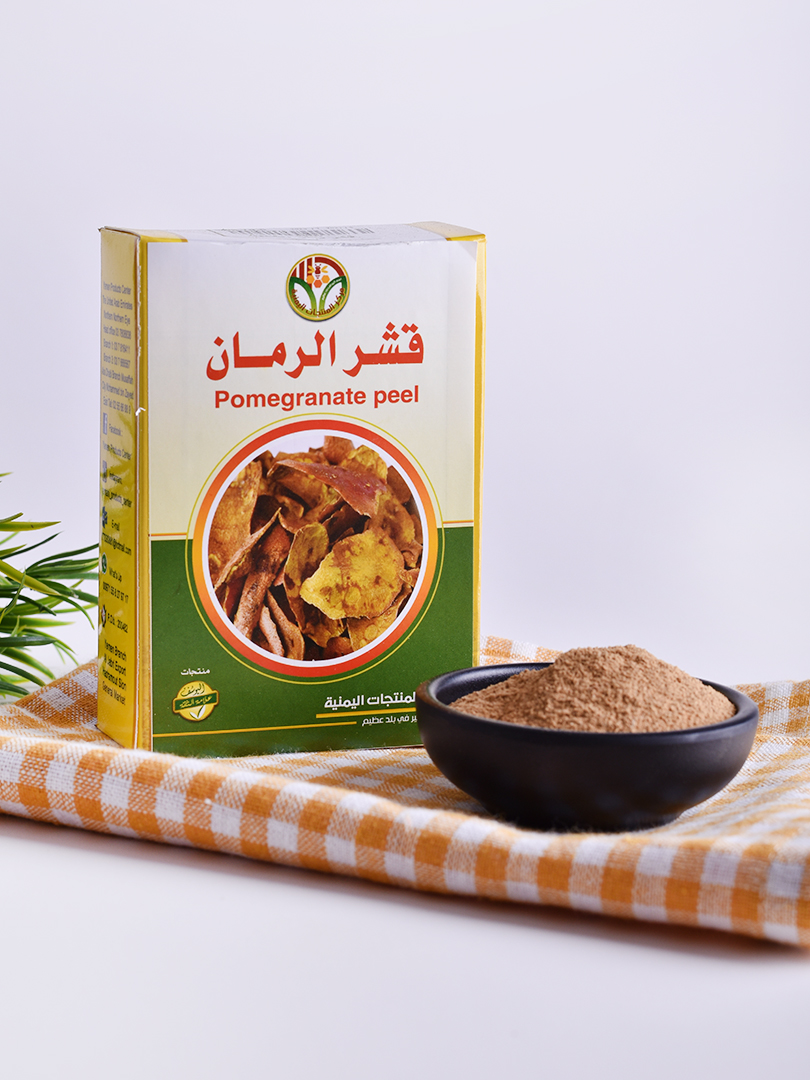
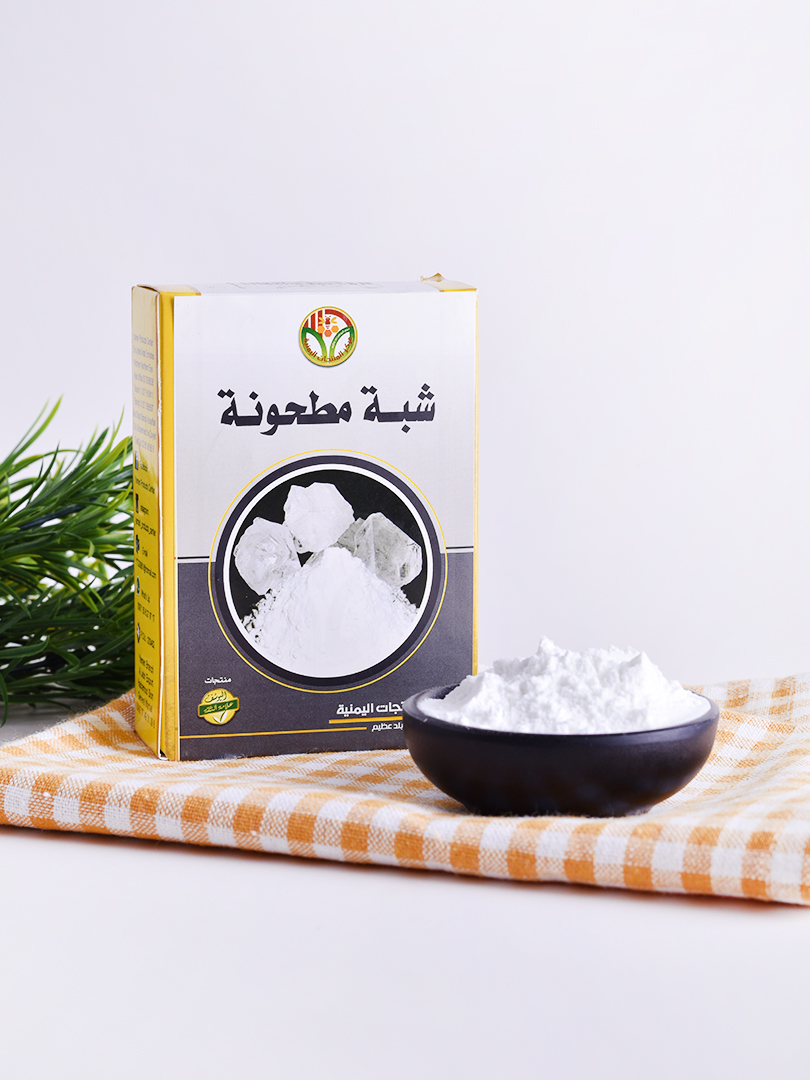

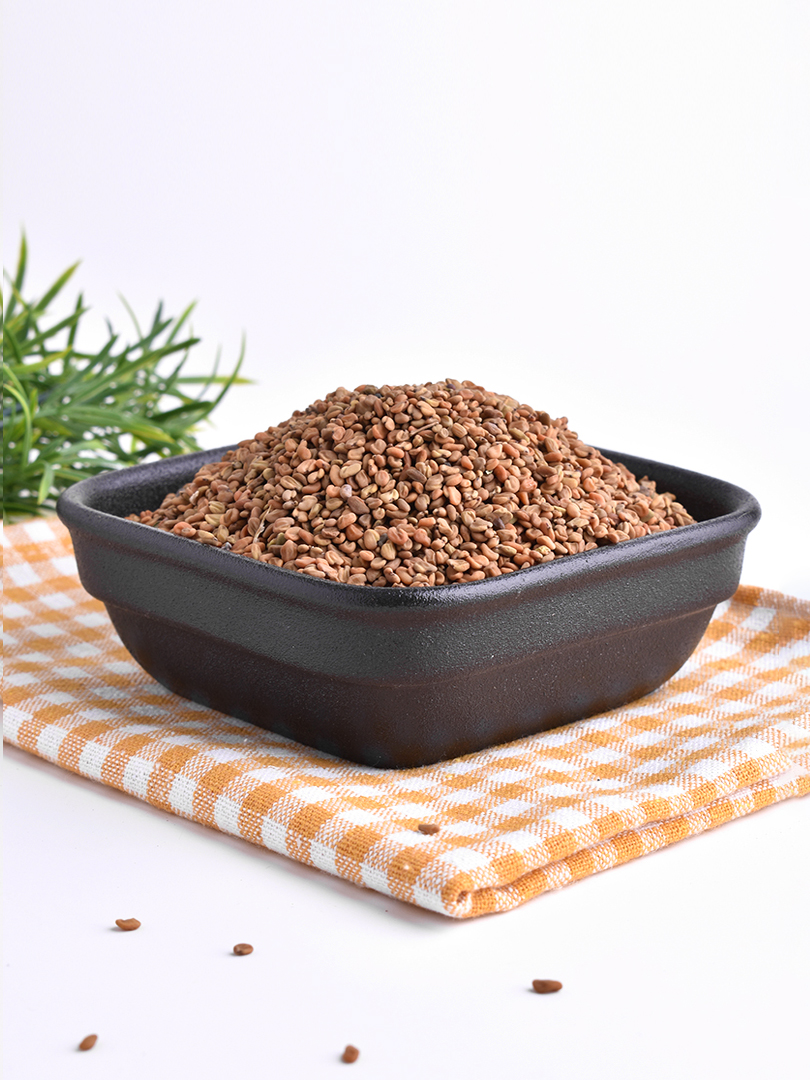
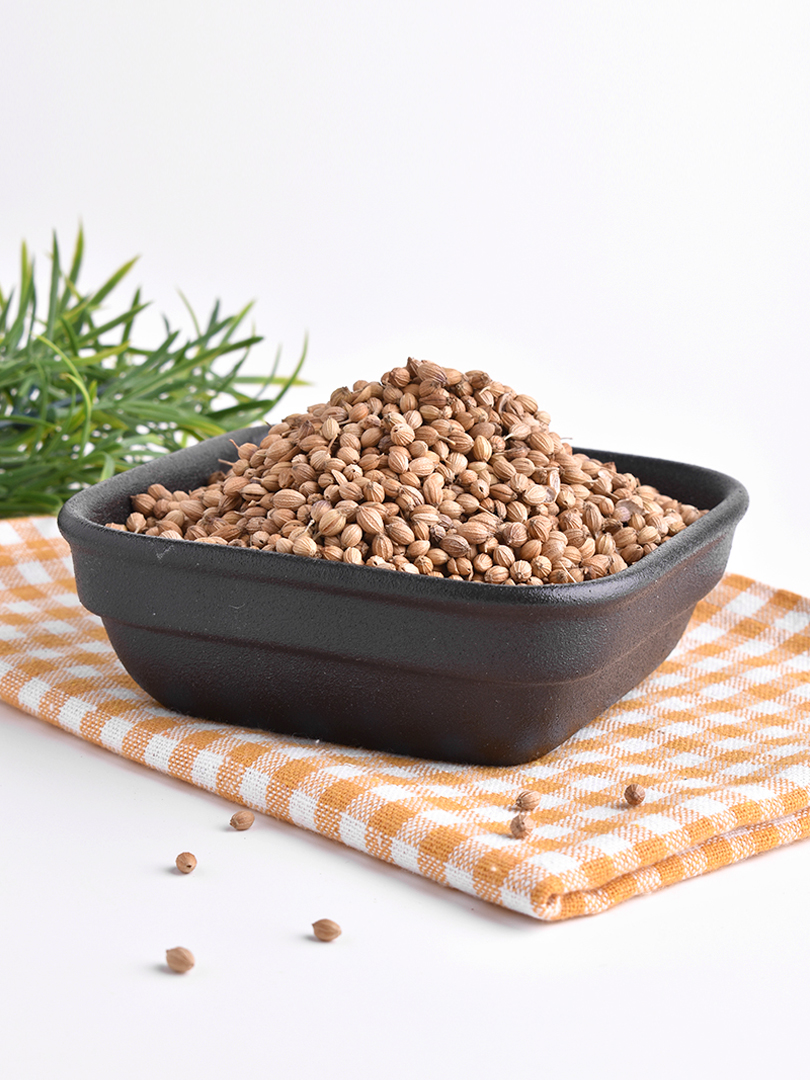
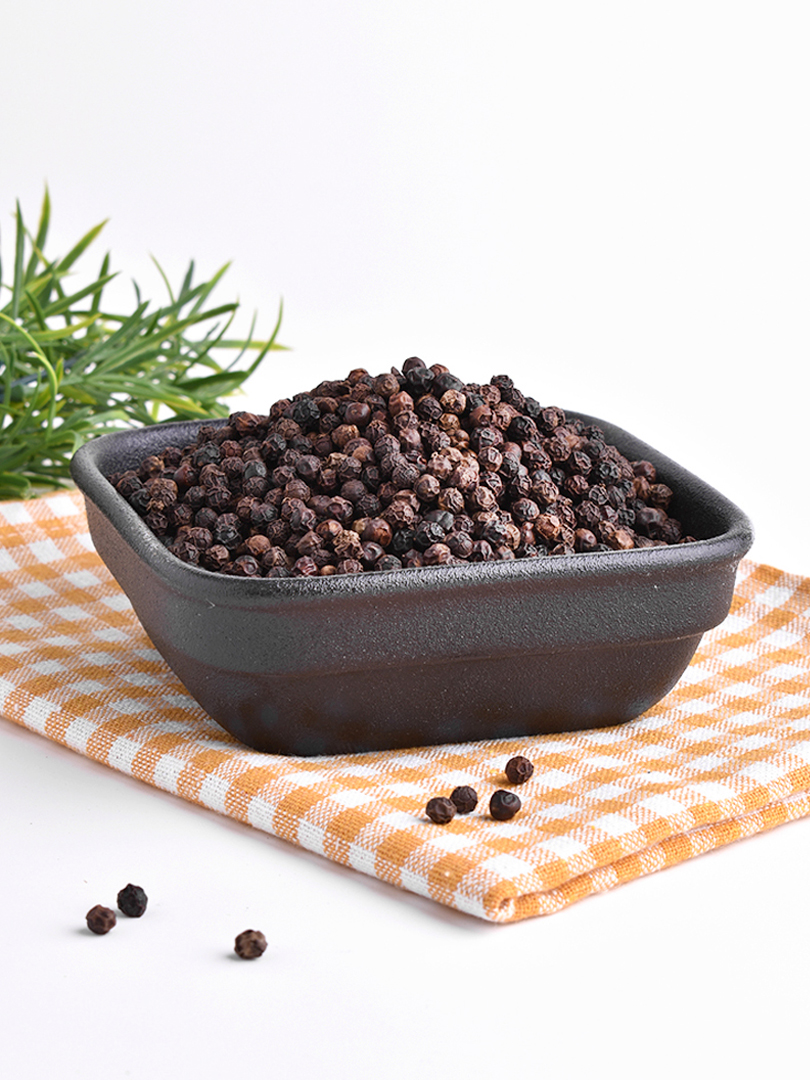
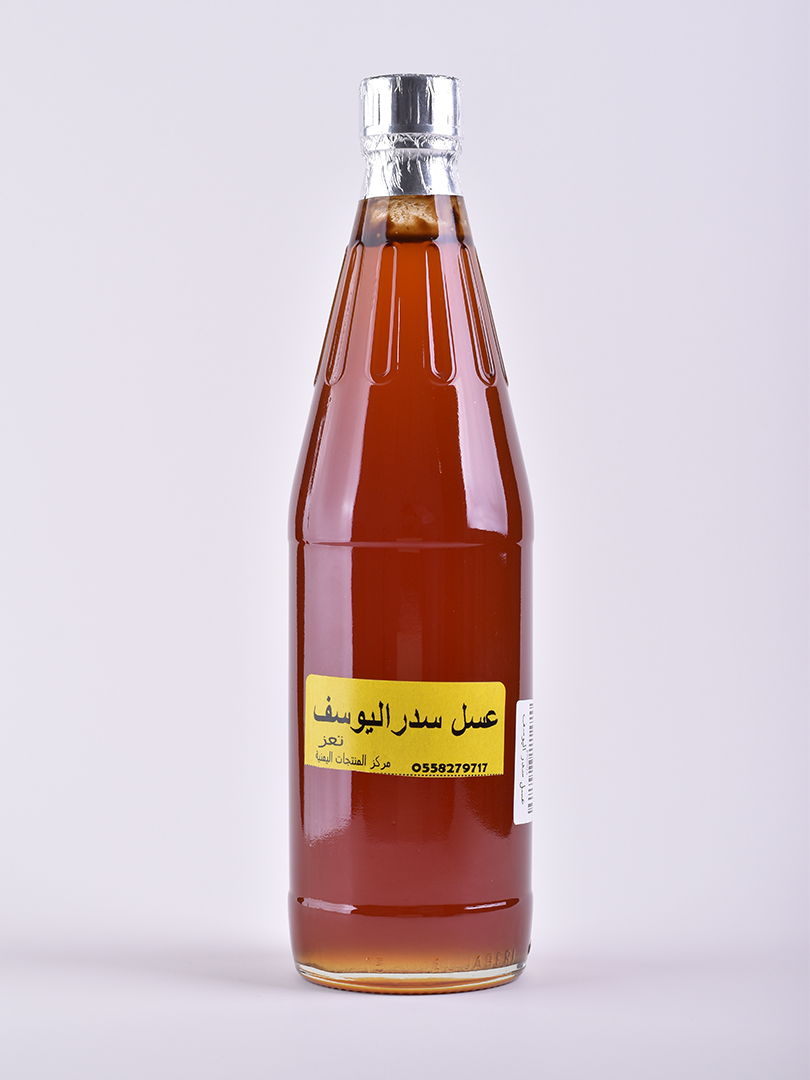

.jpg)
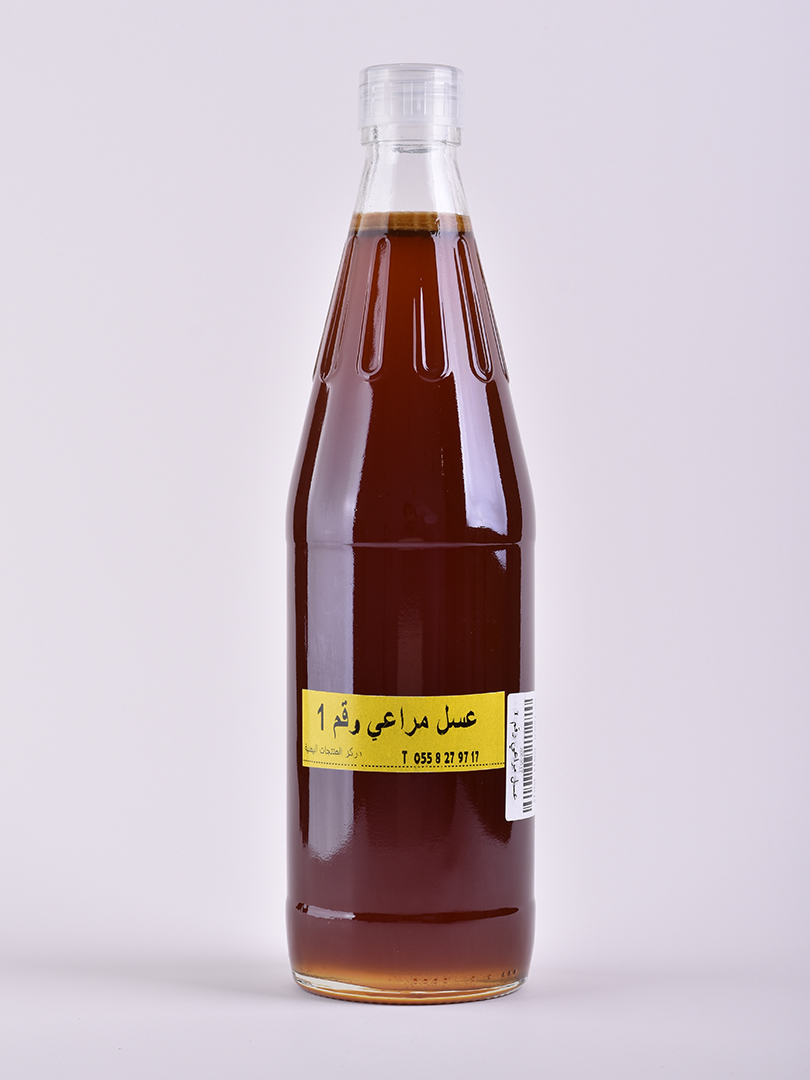
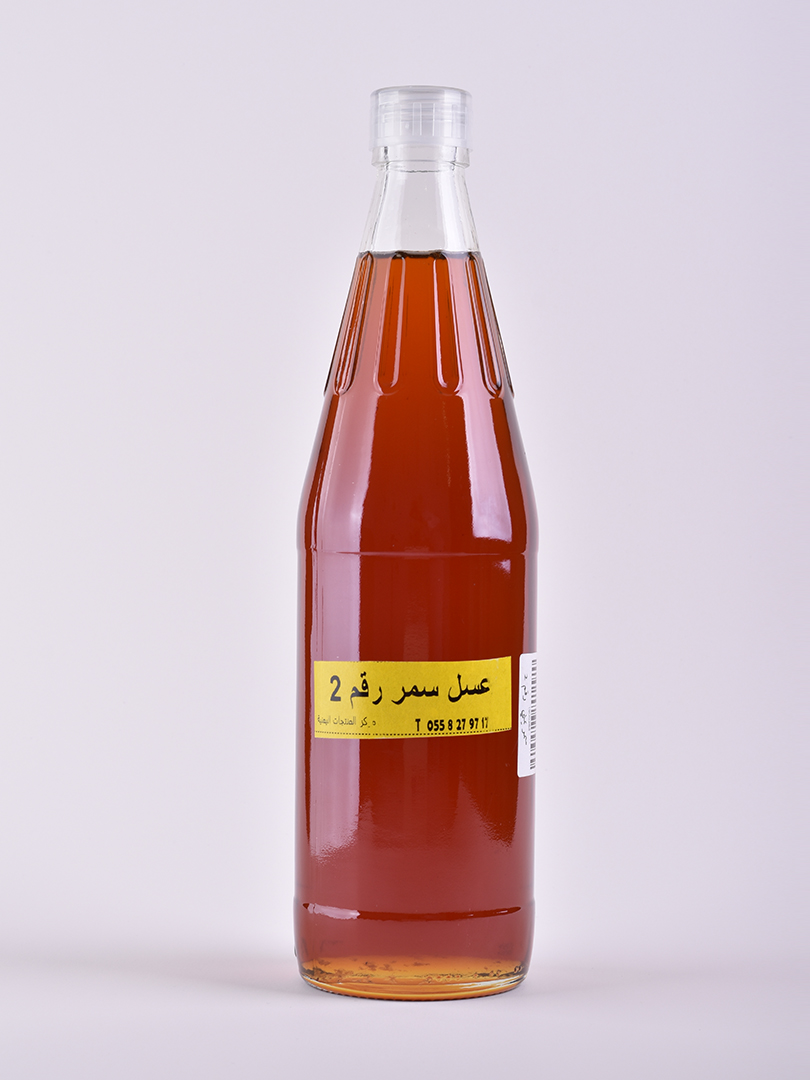
.jpg)
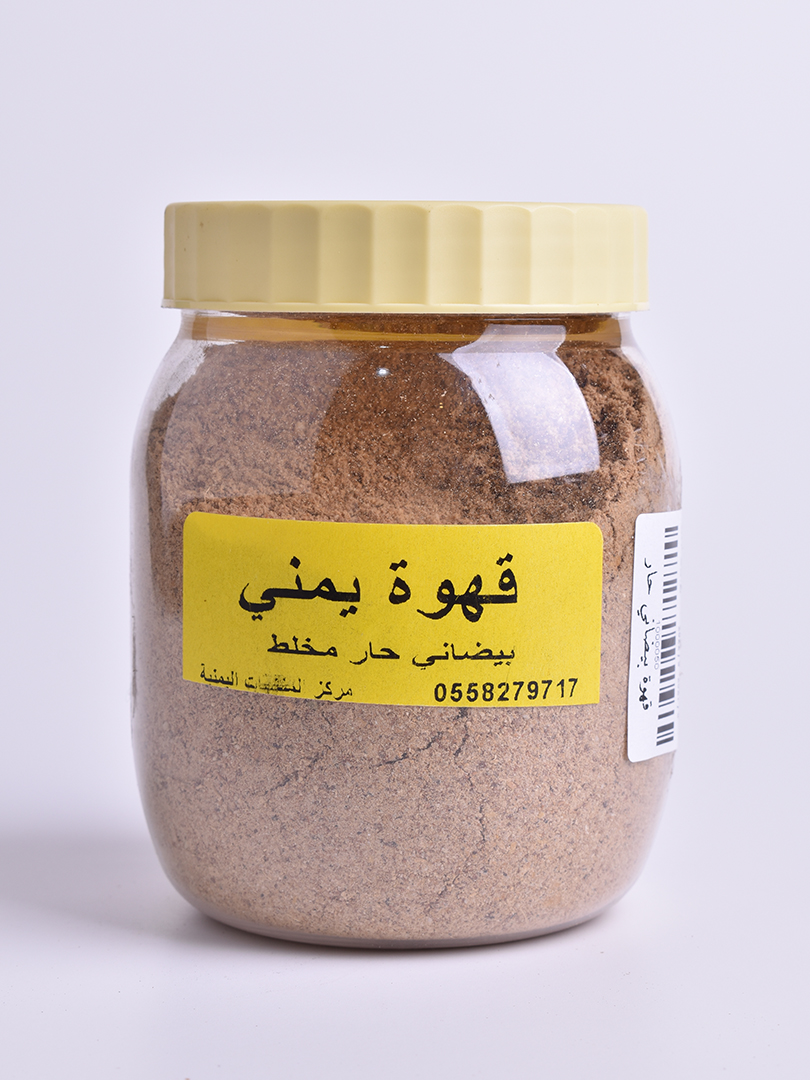
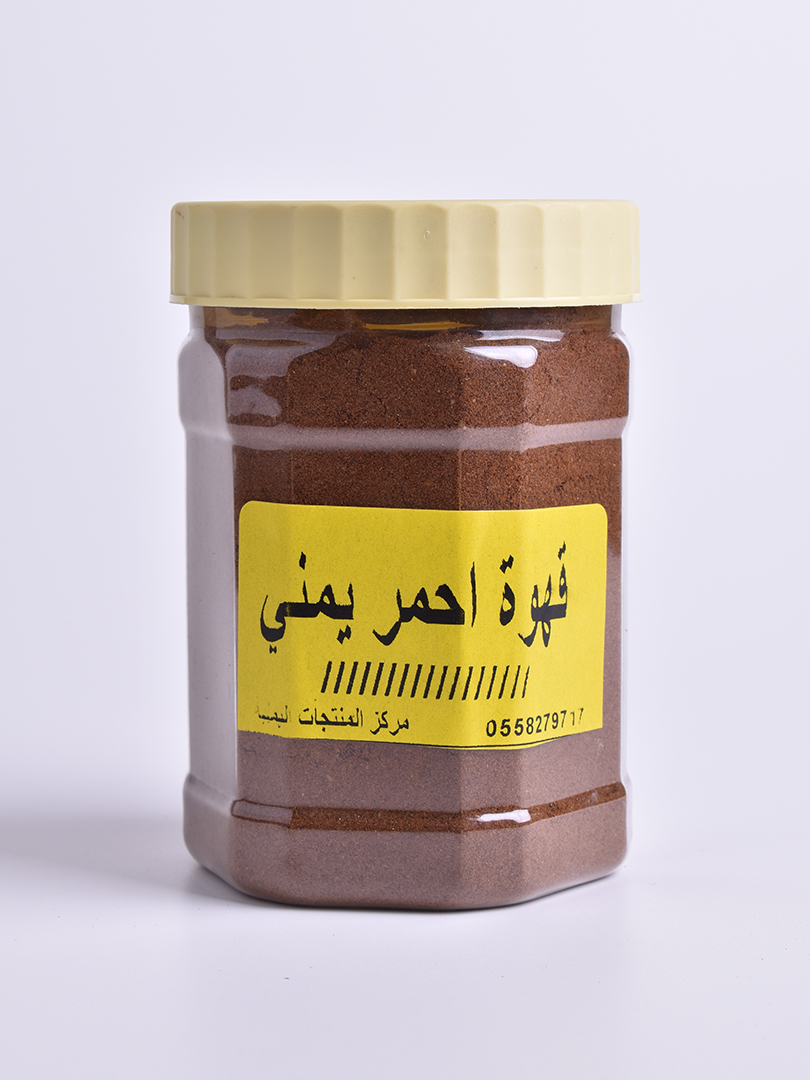
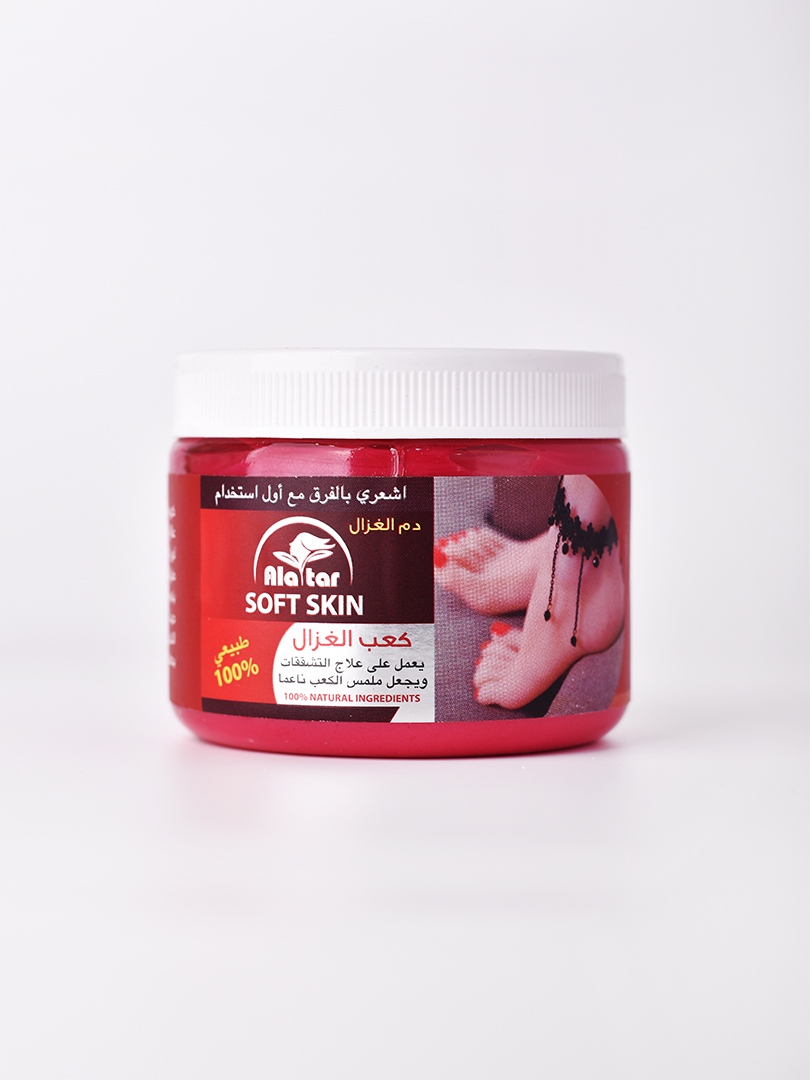
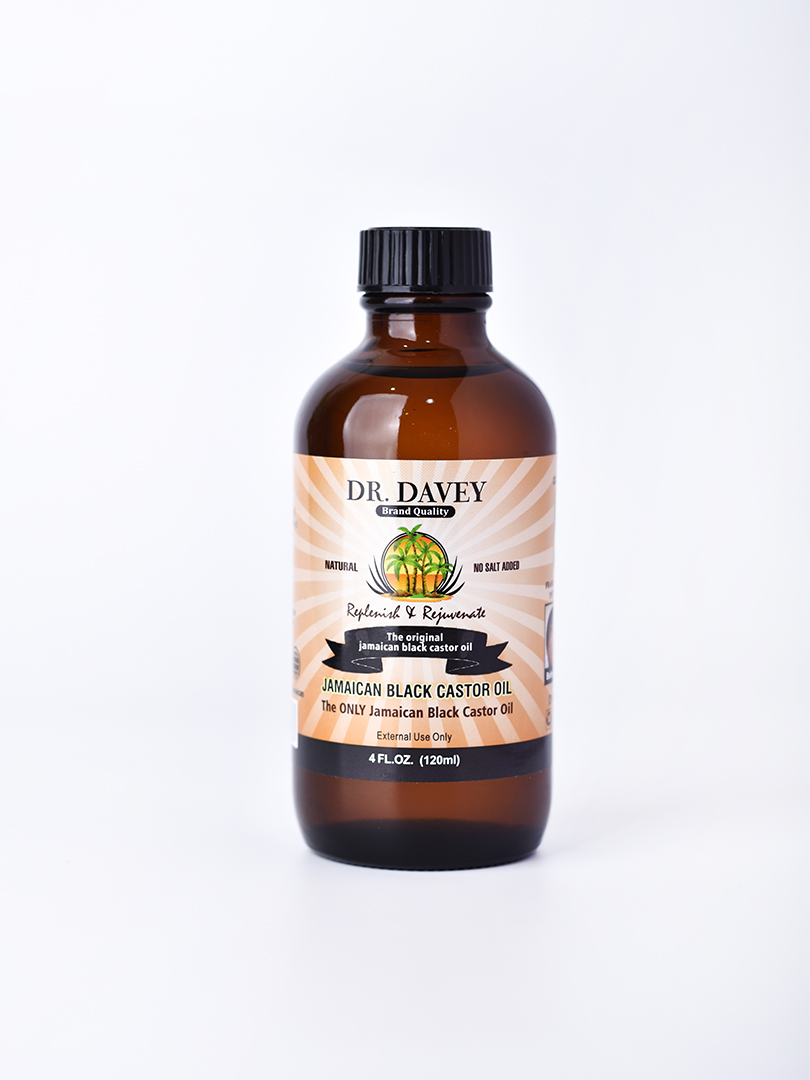
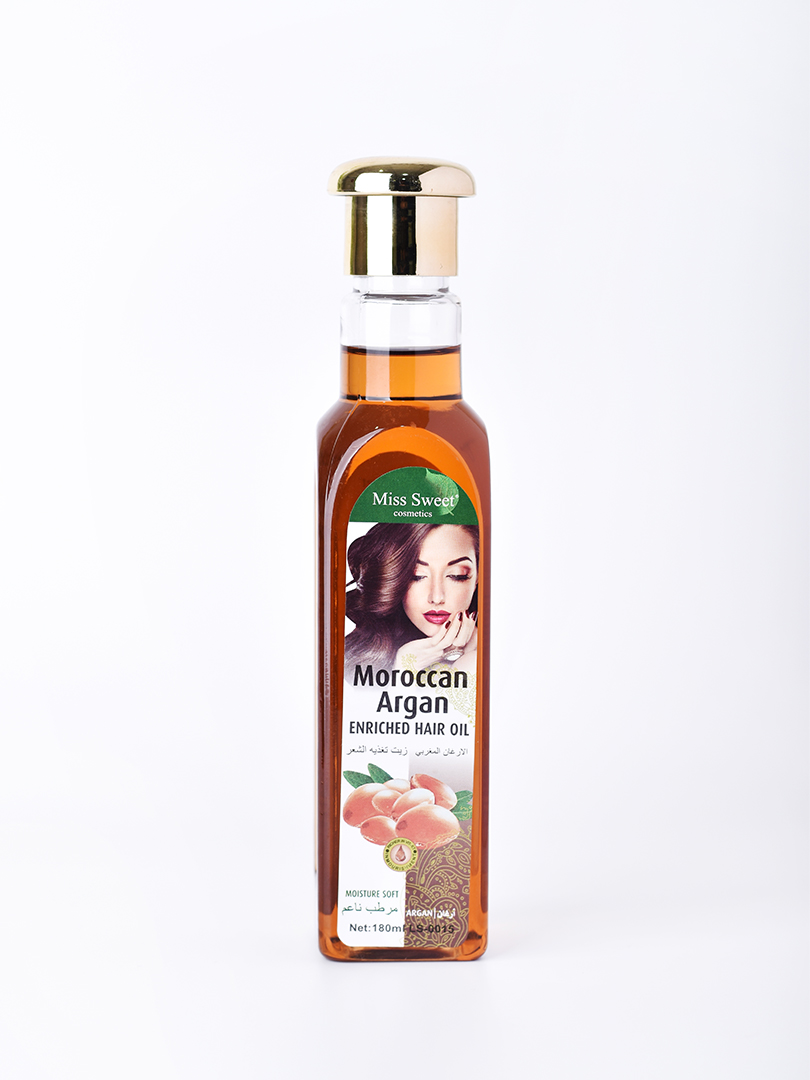
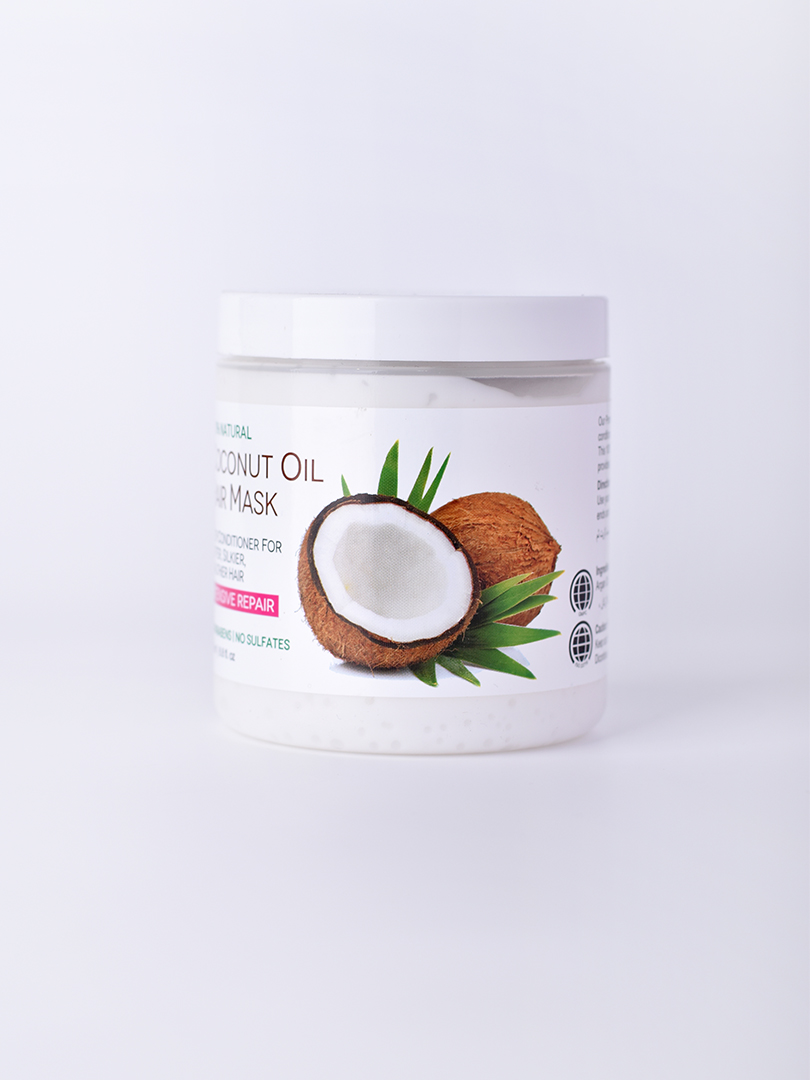

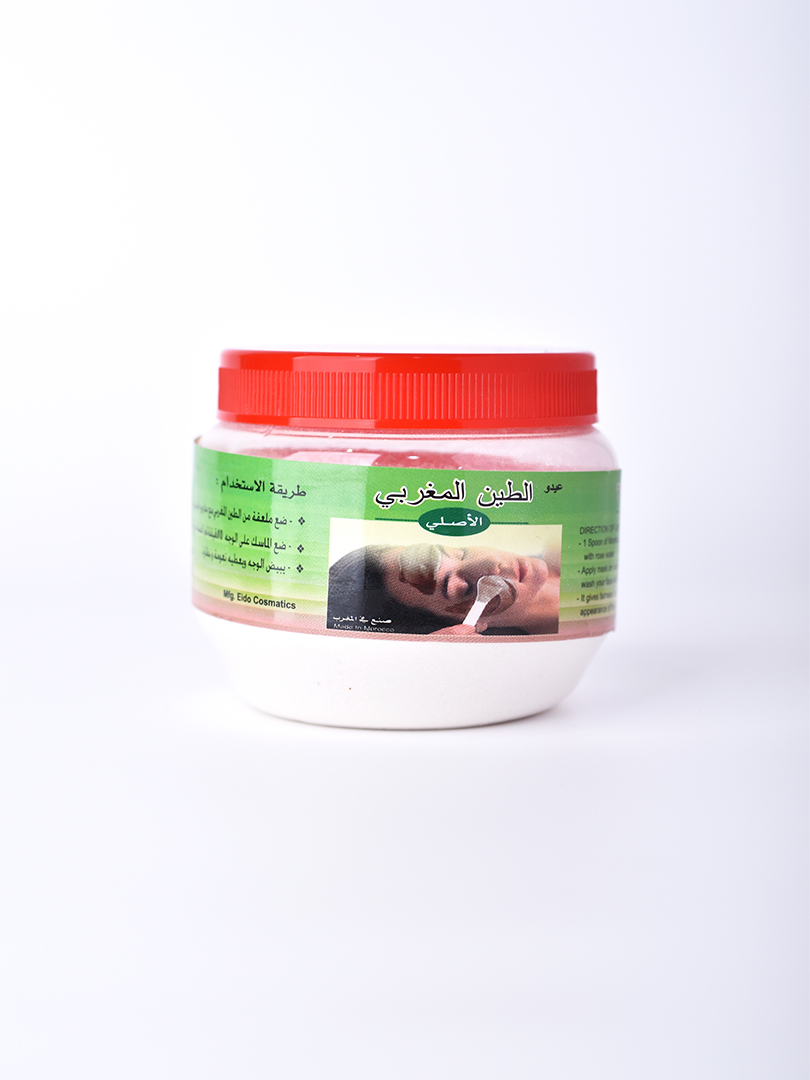
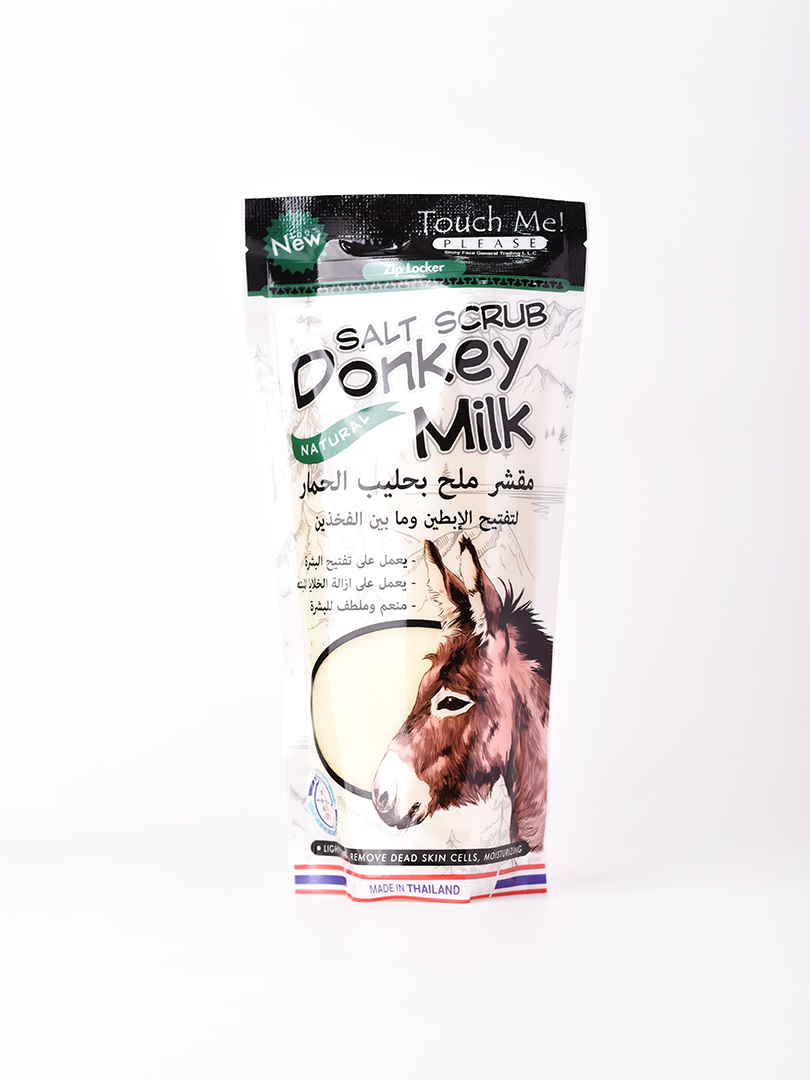
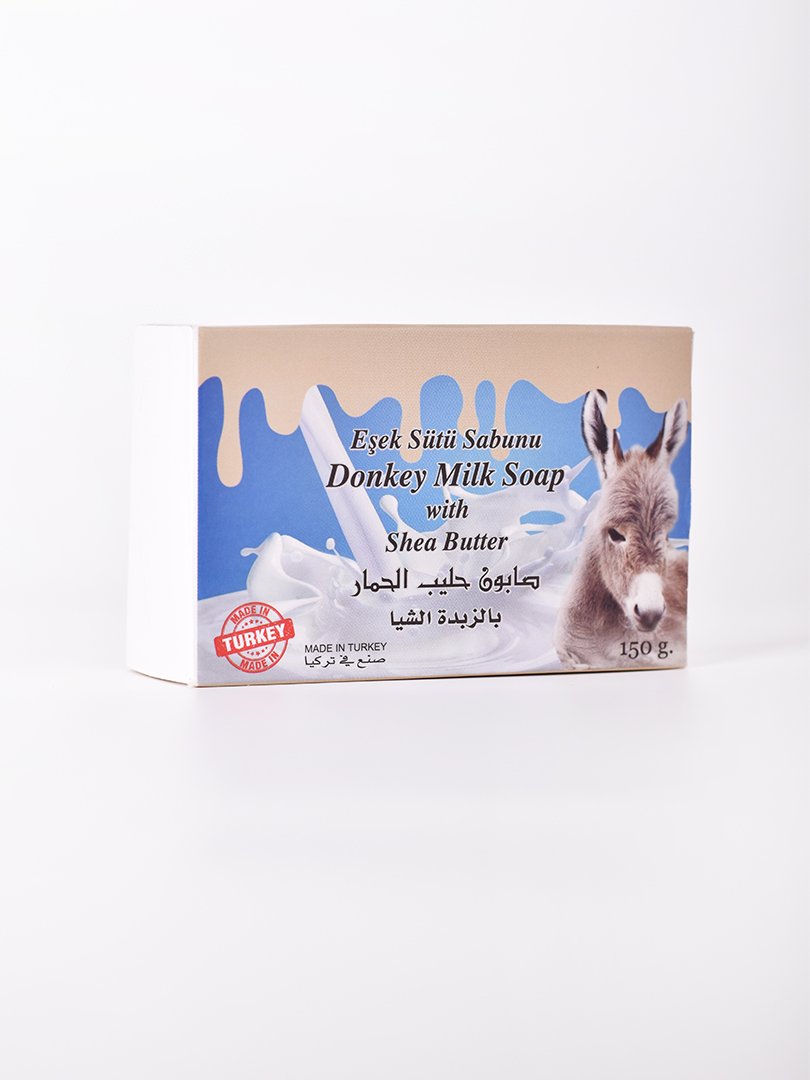
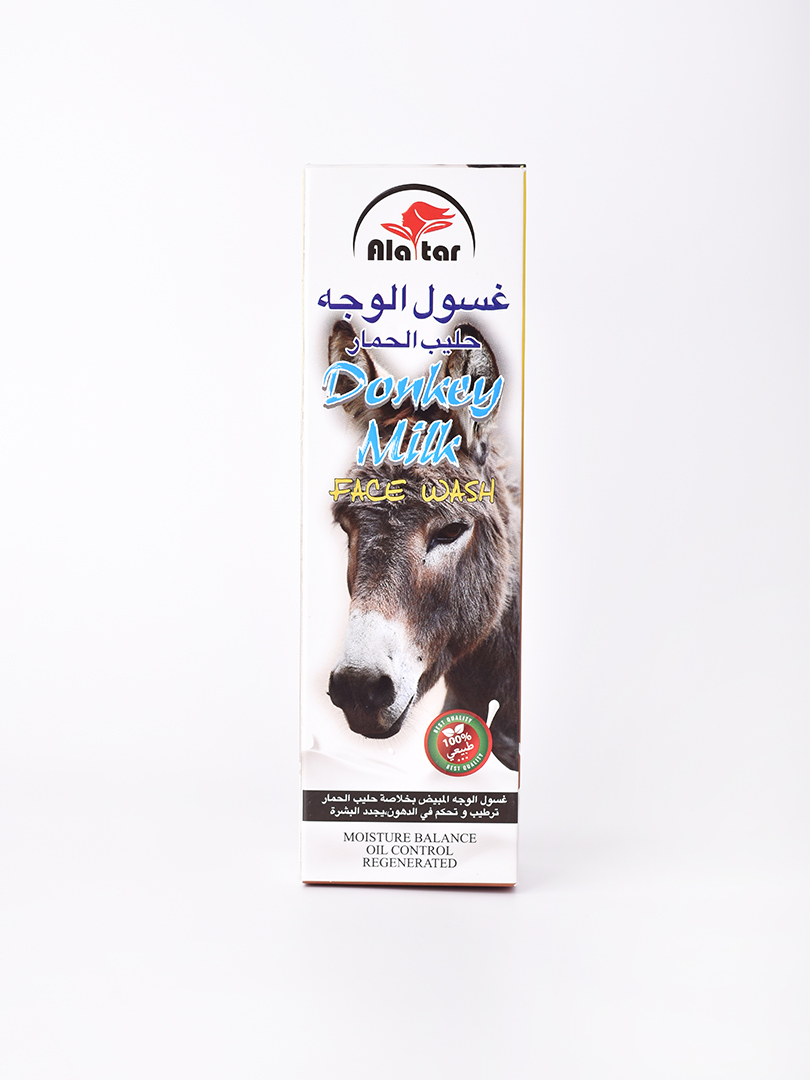
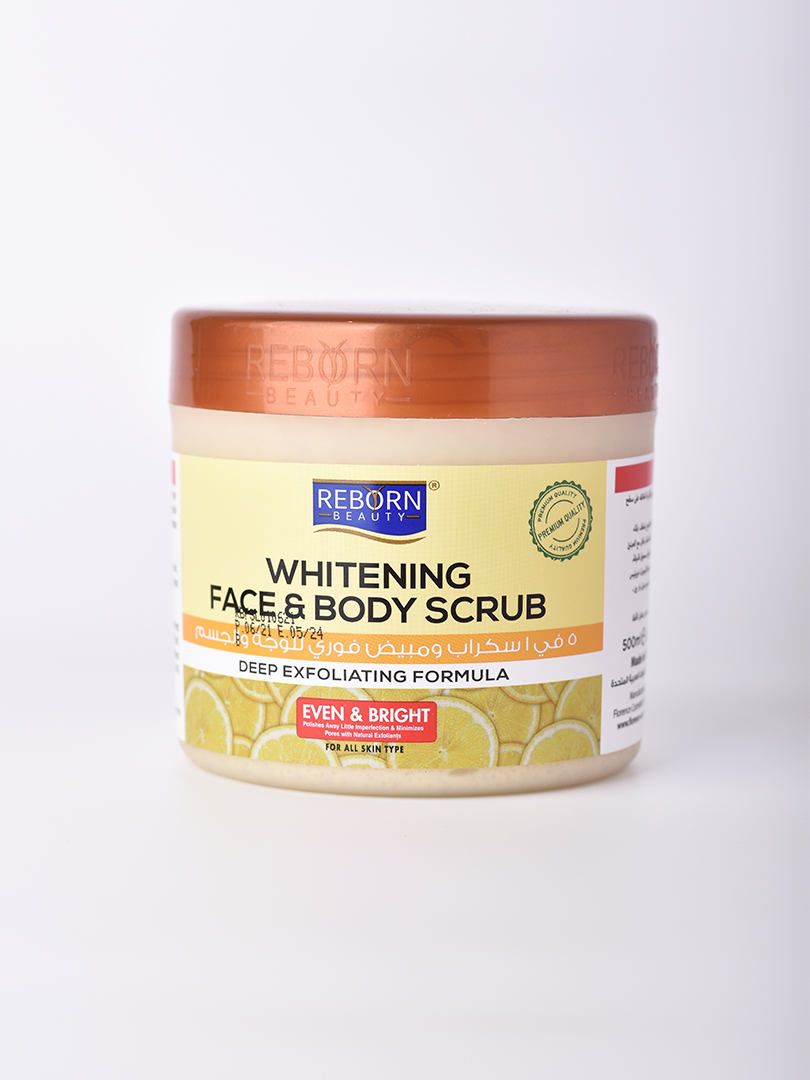
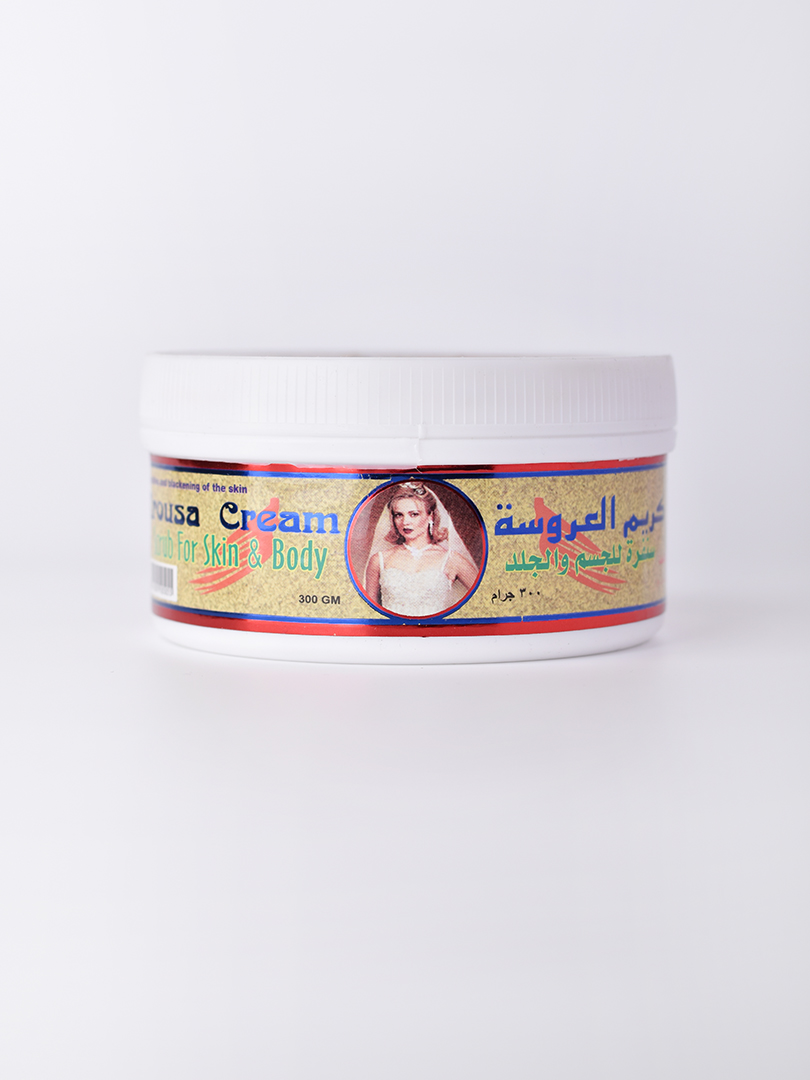
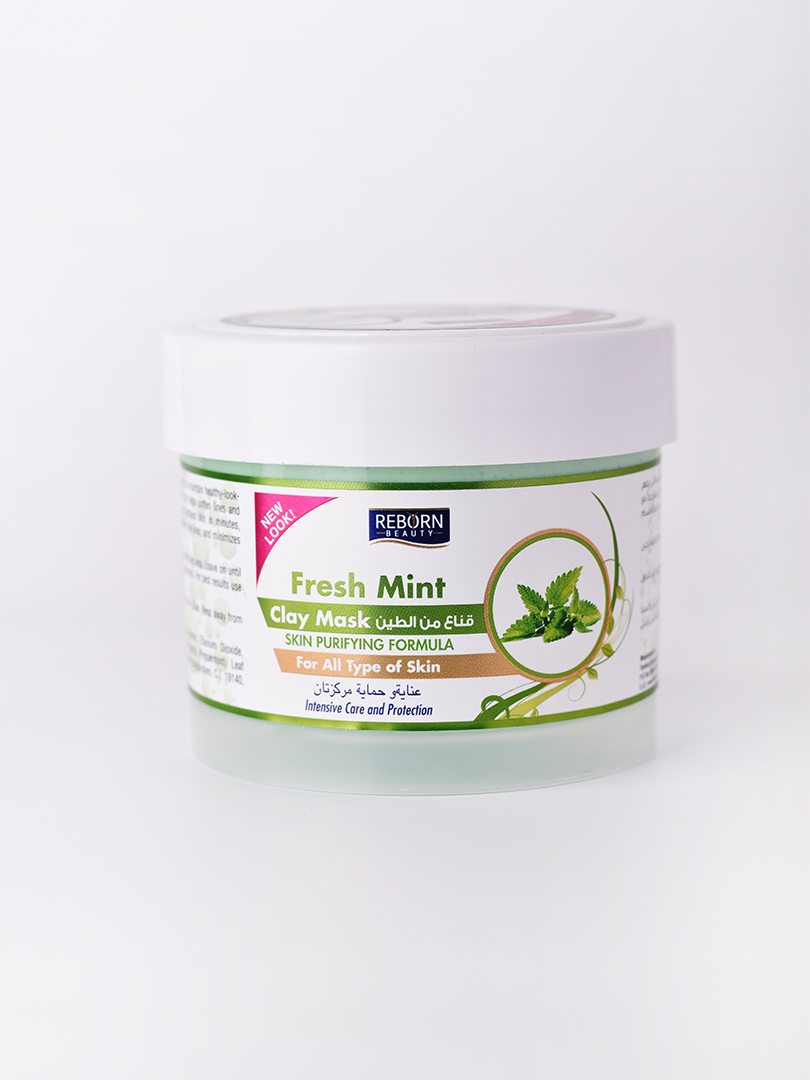
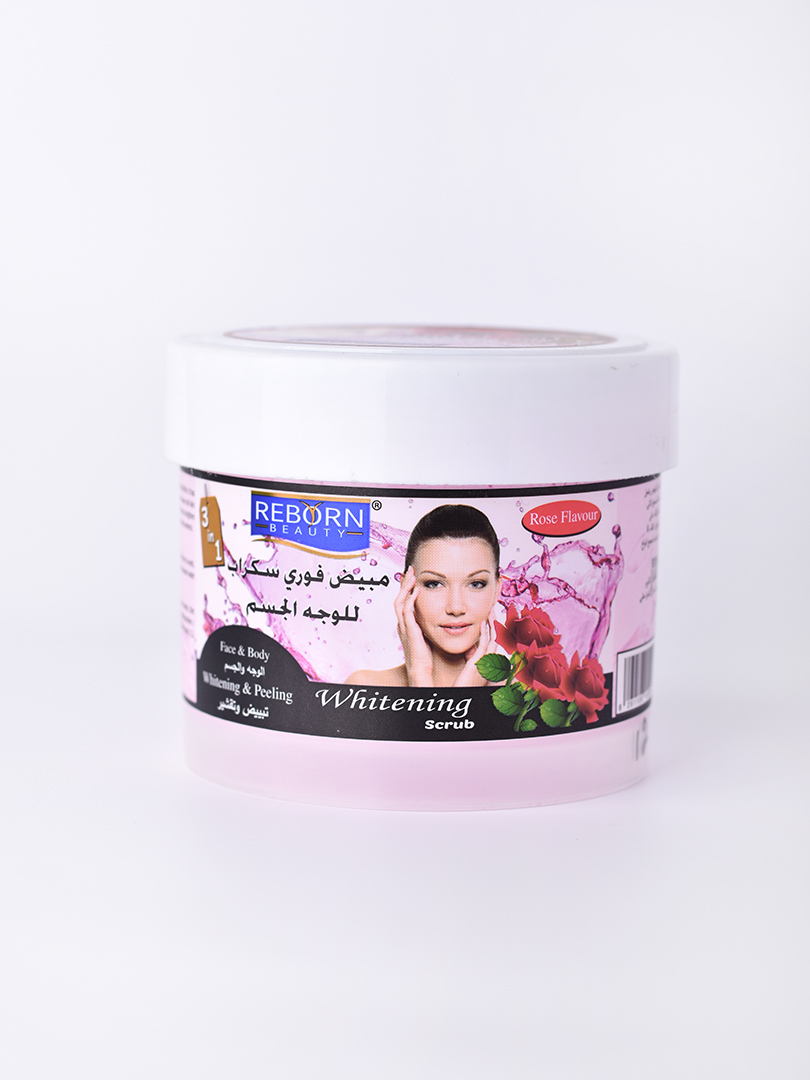
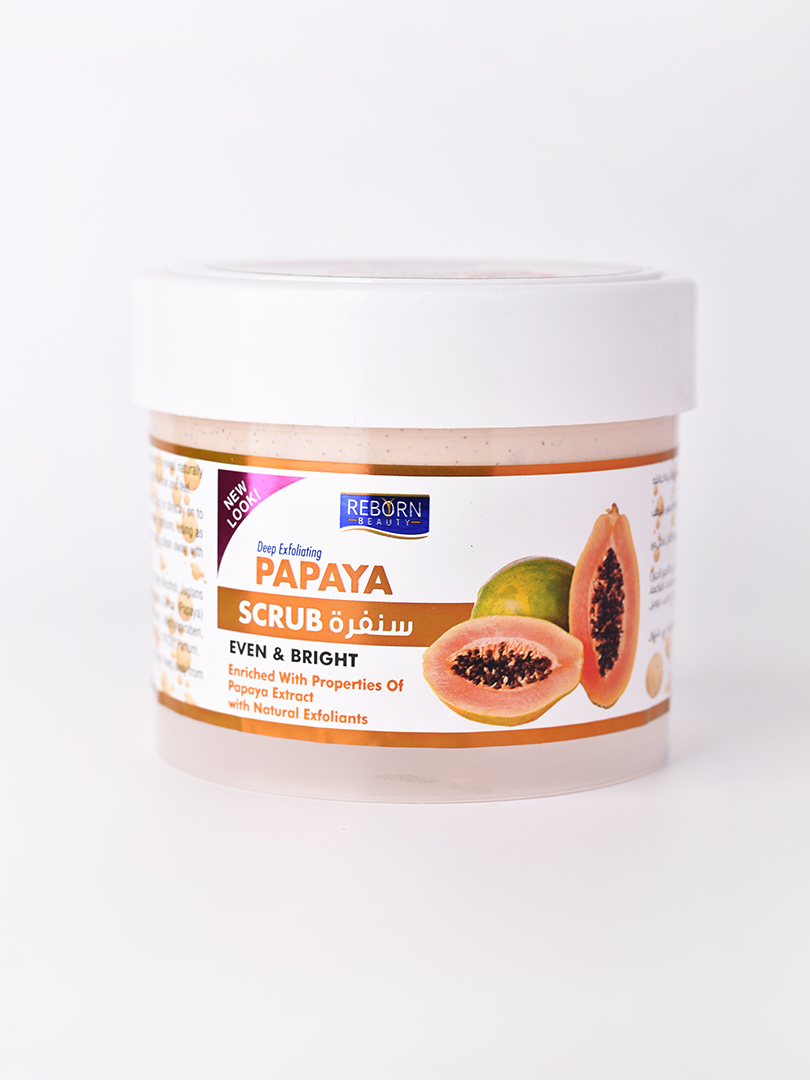
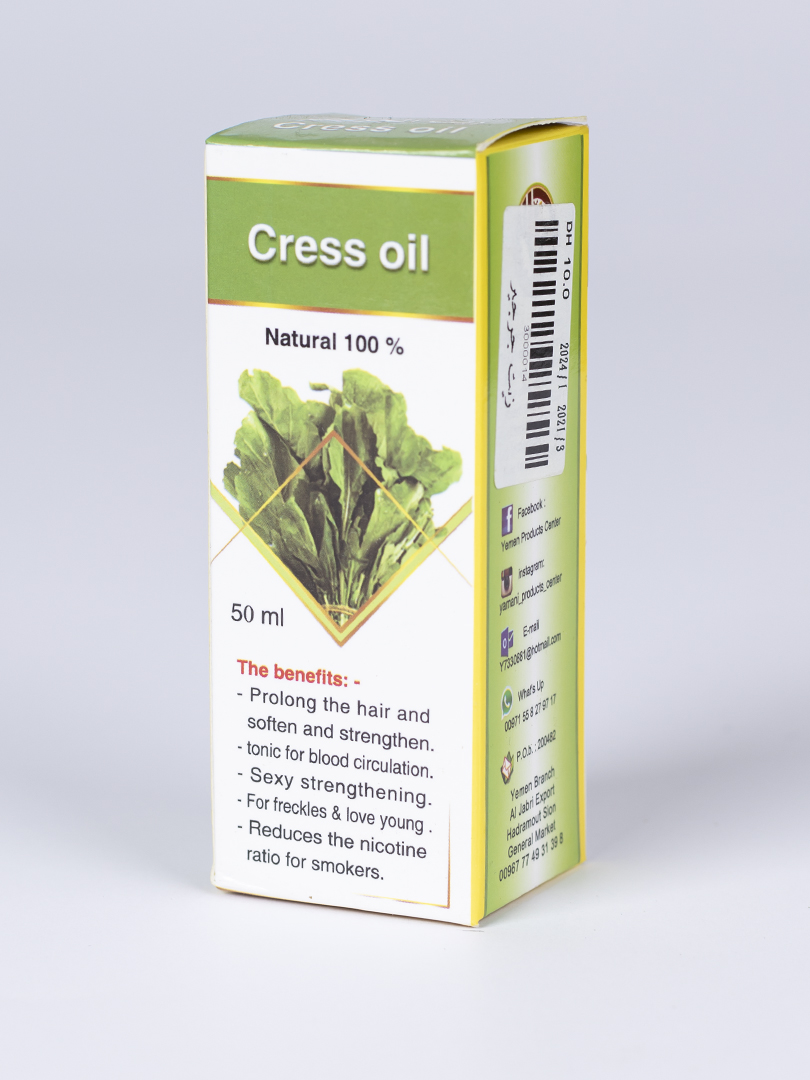
.jpg)

